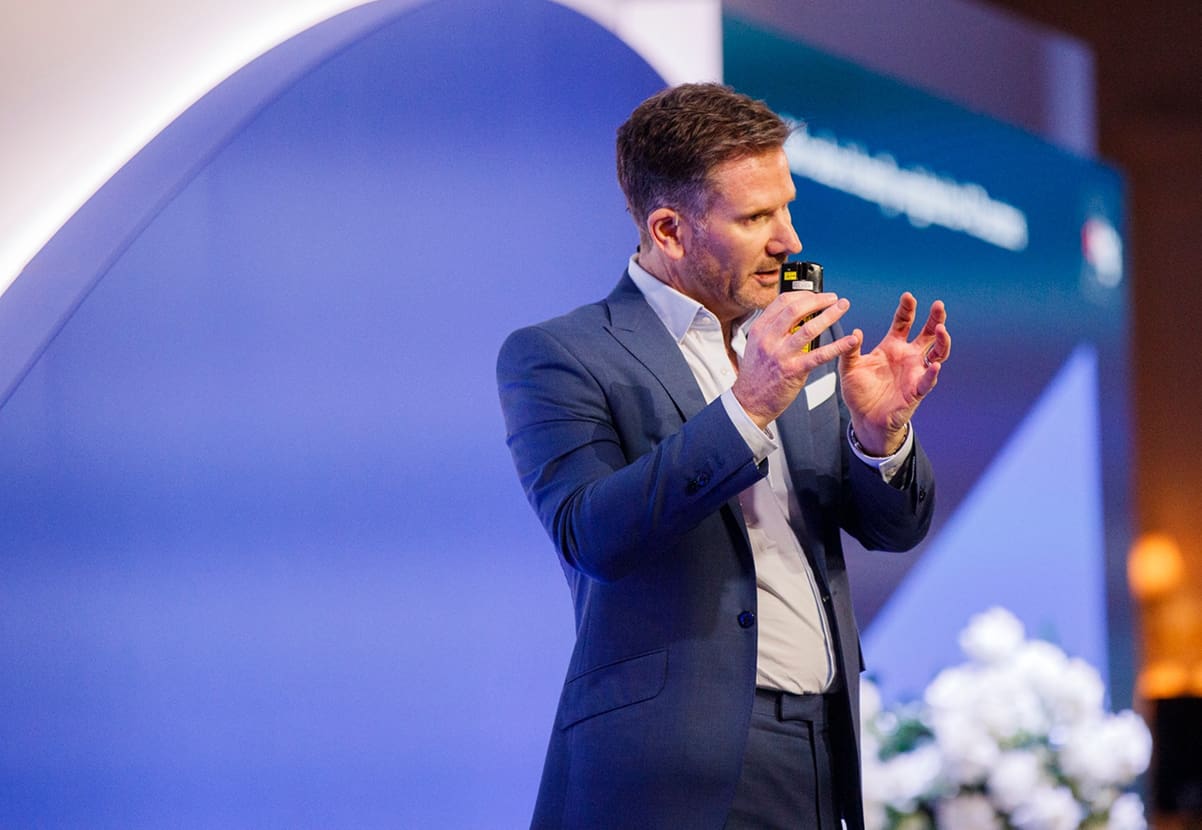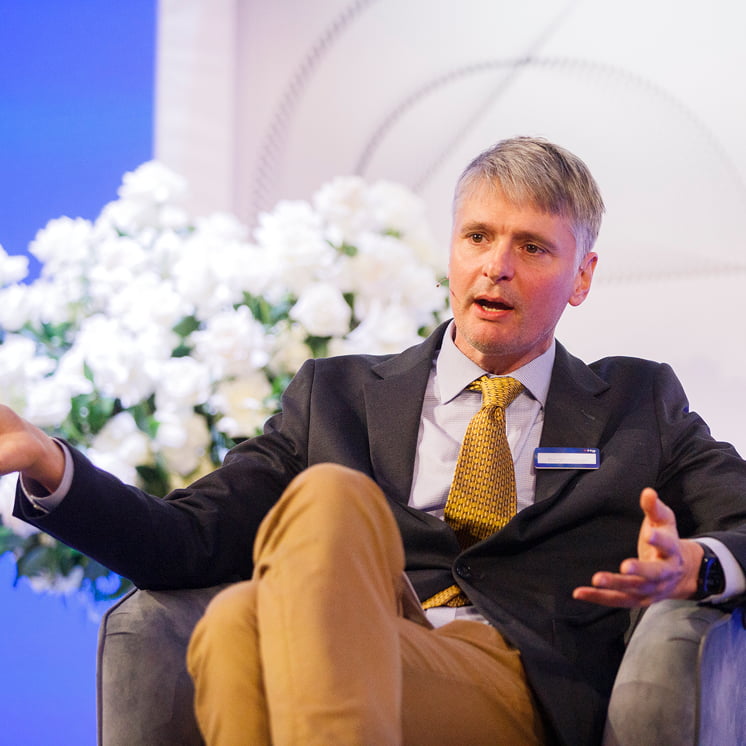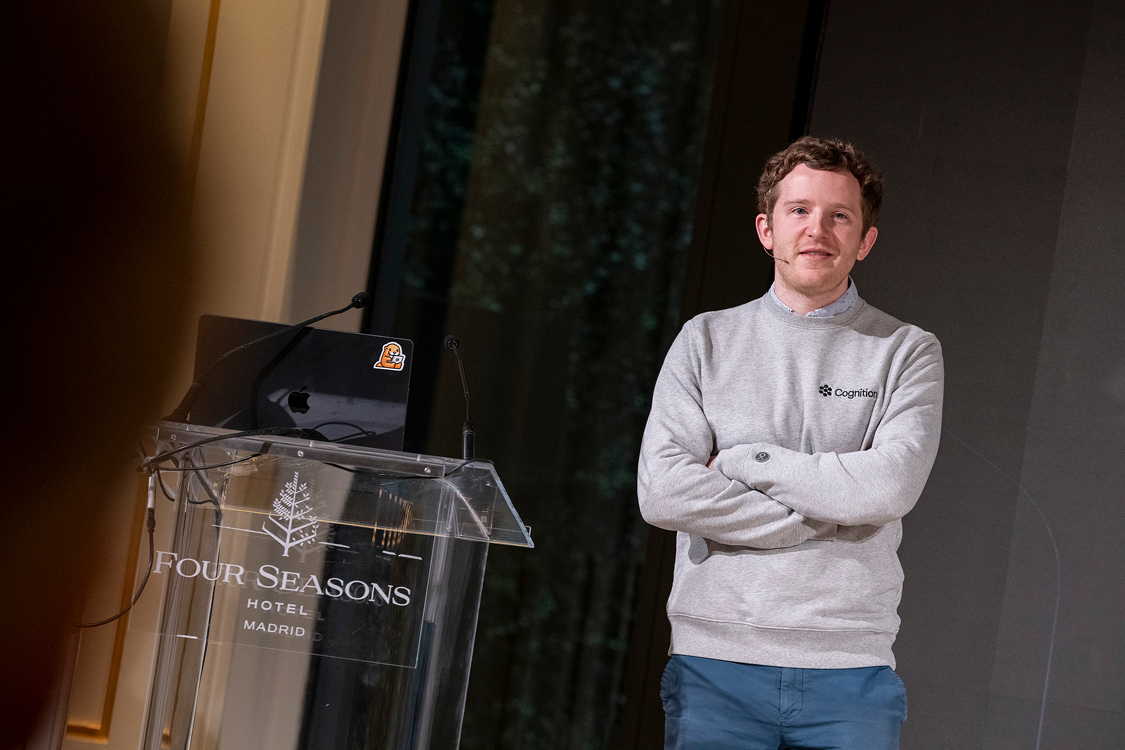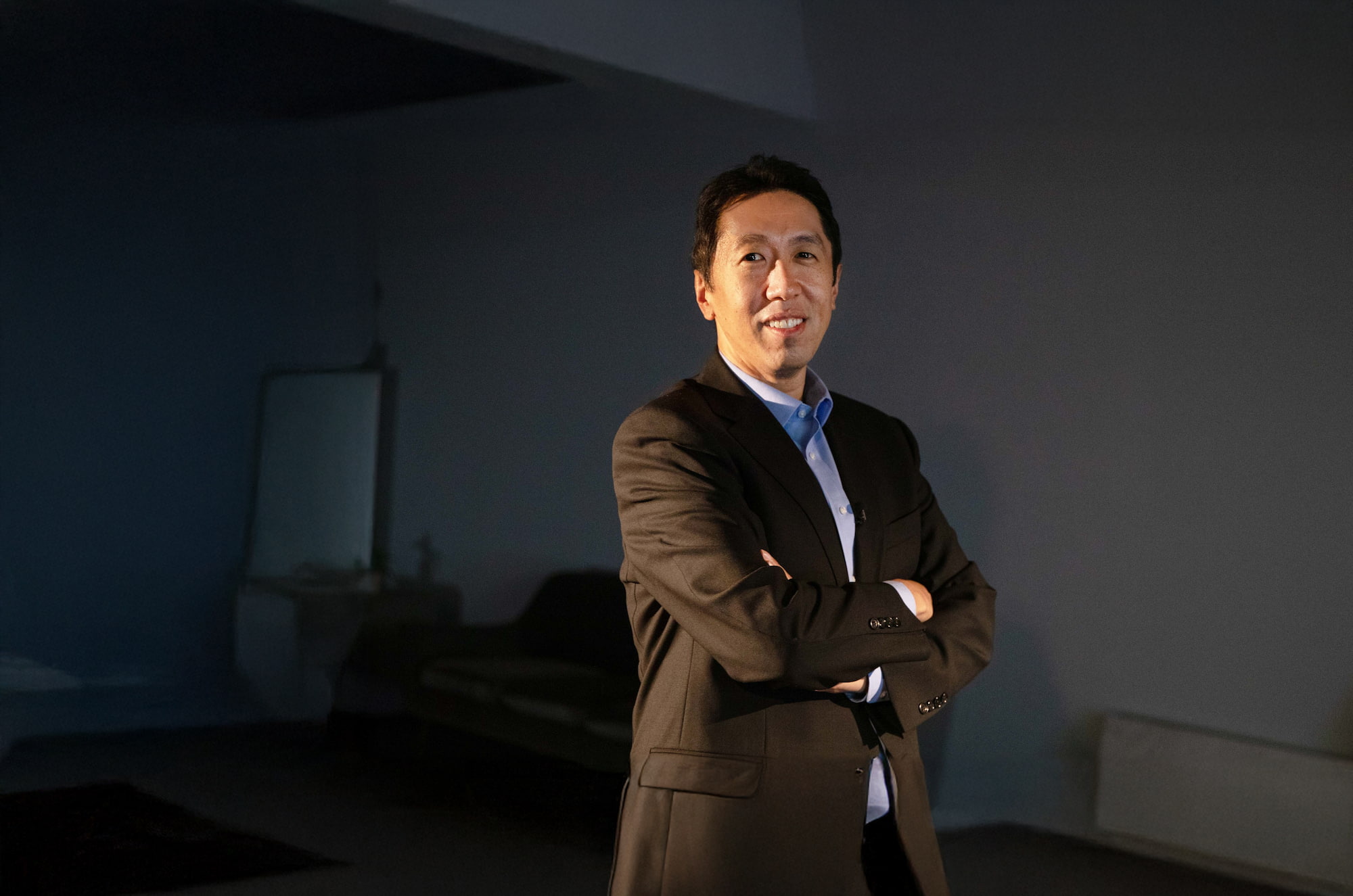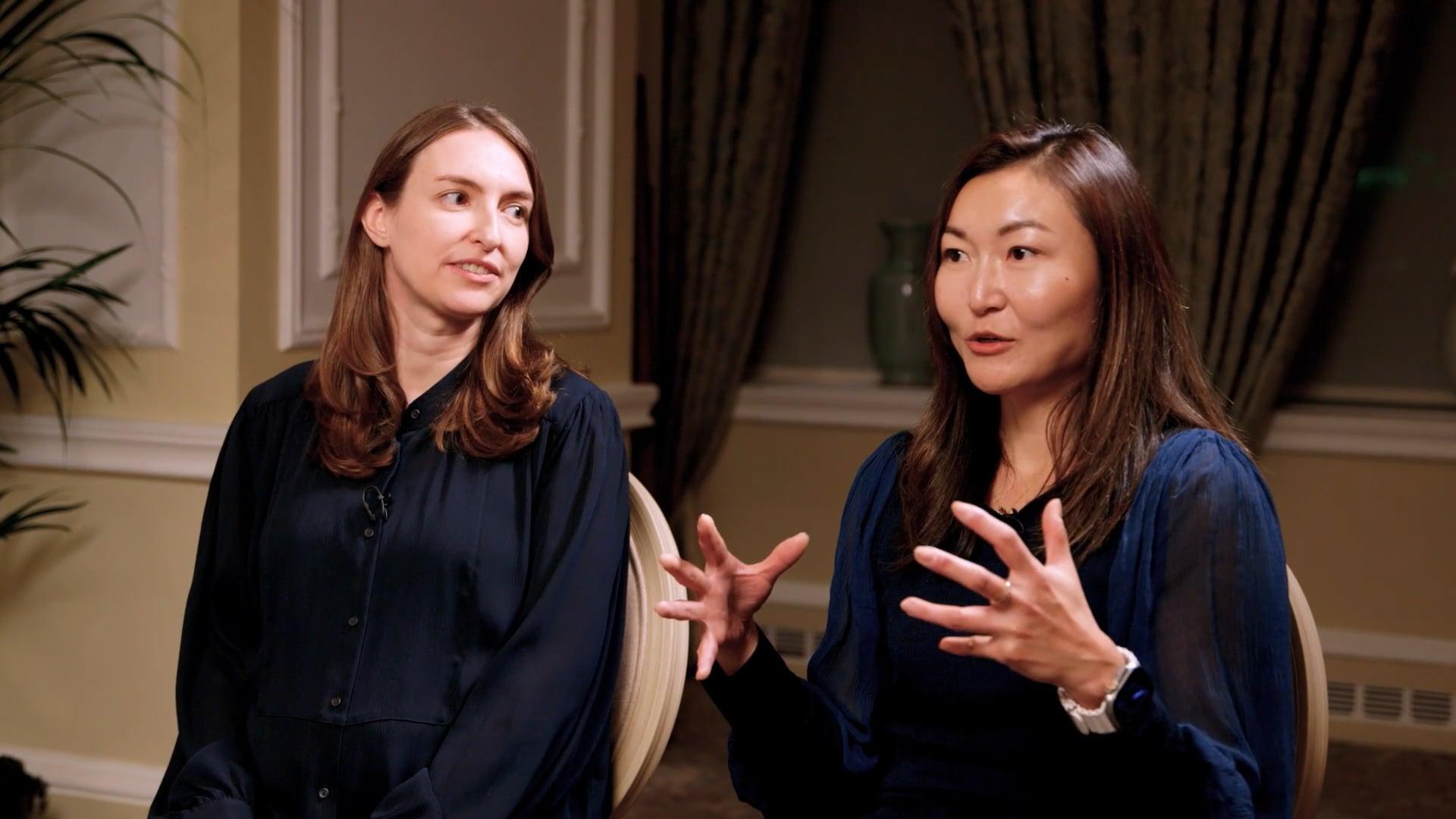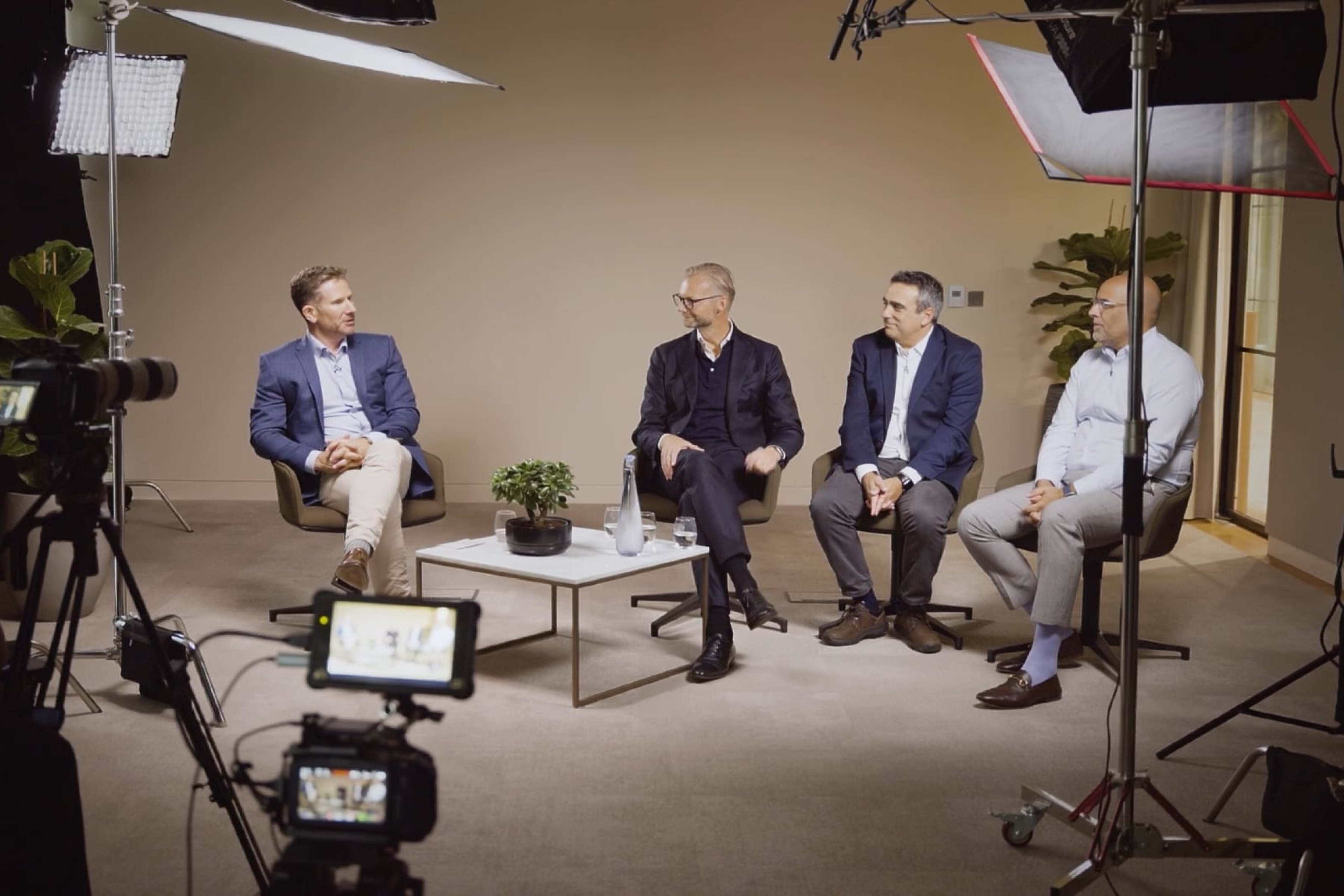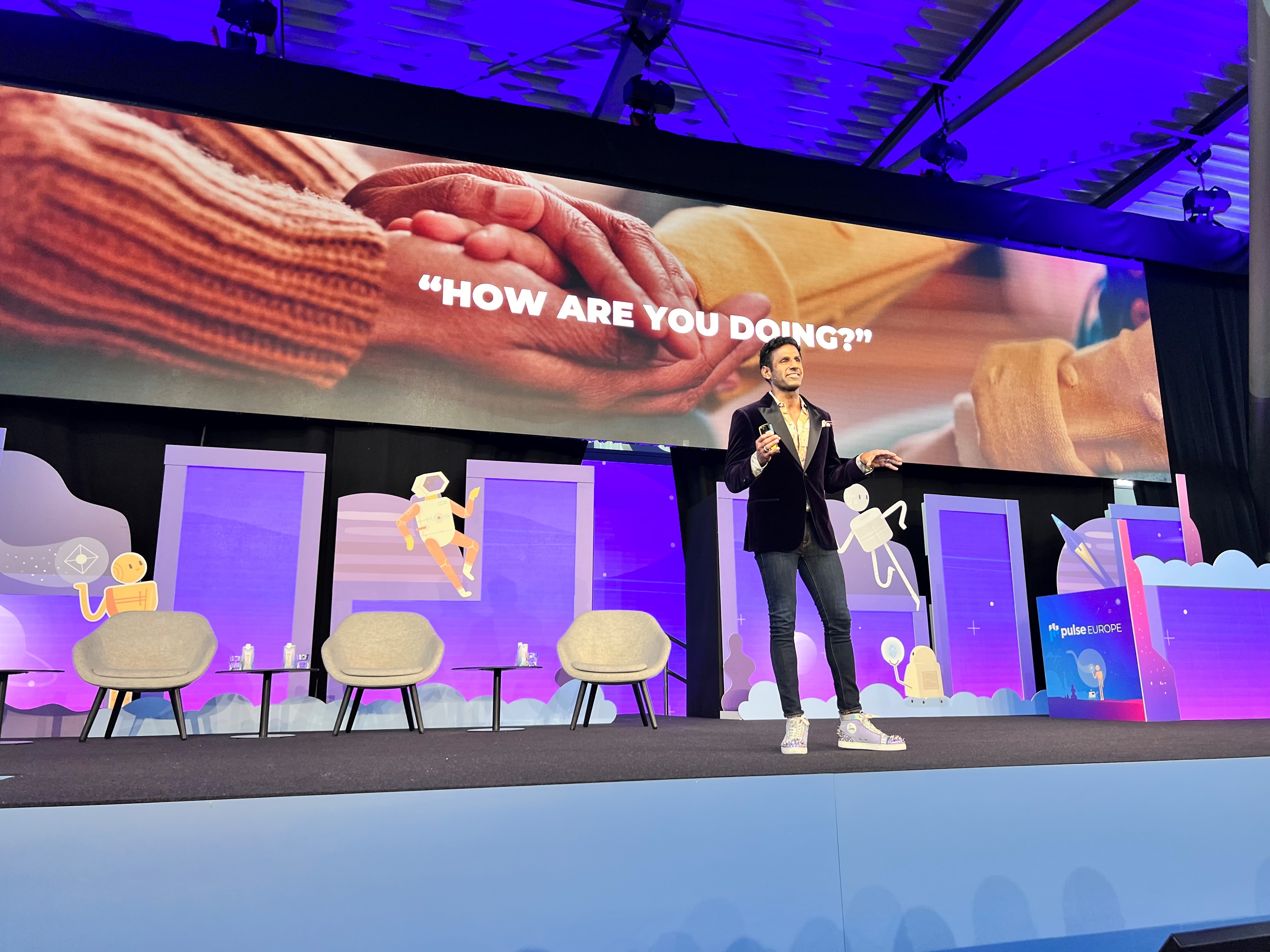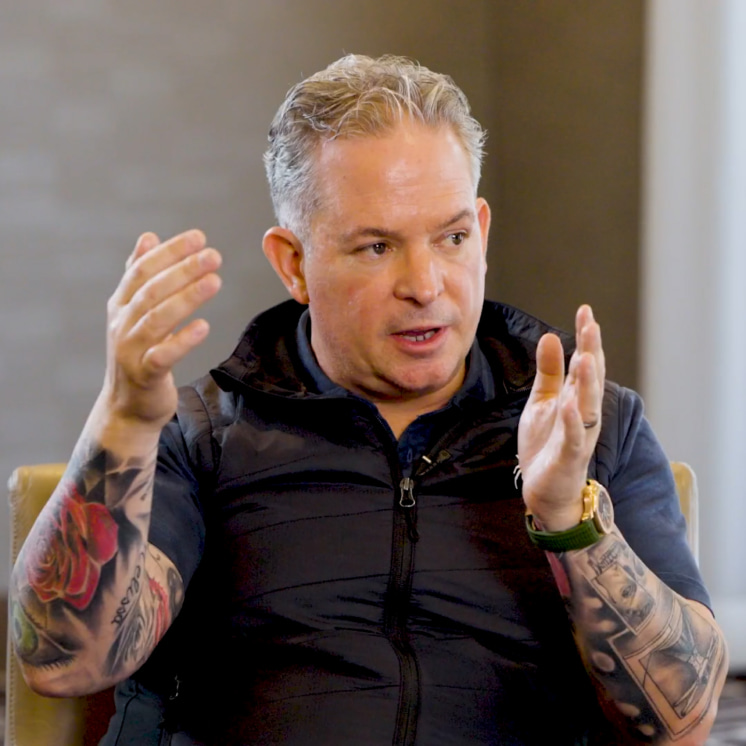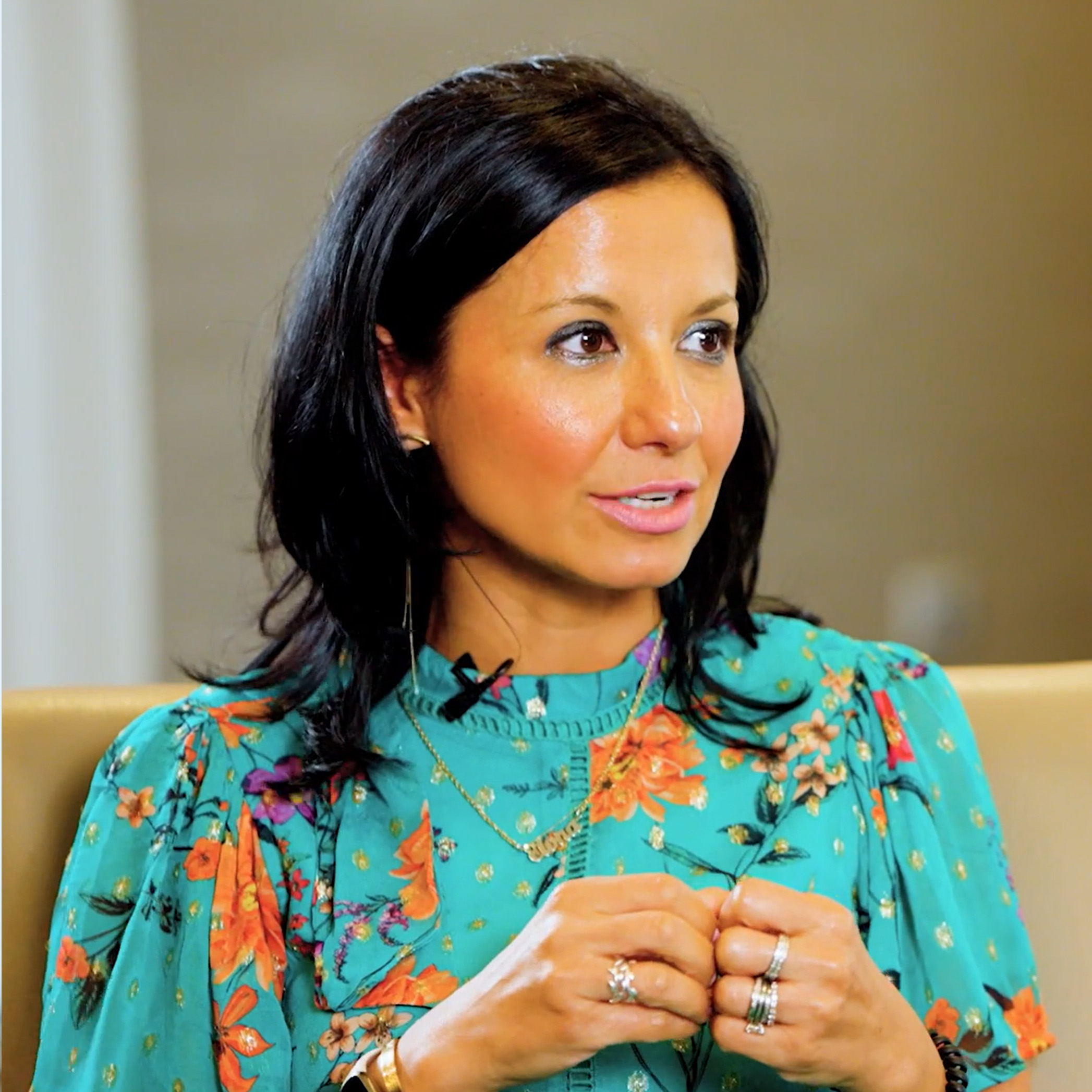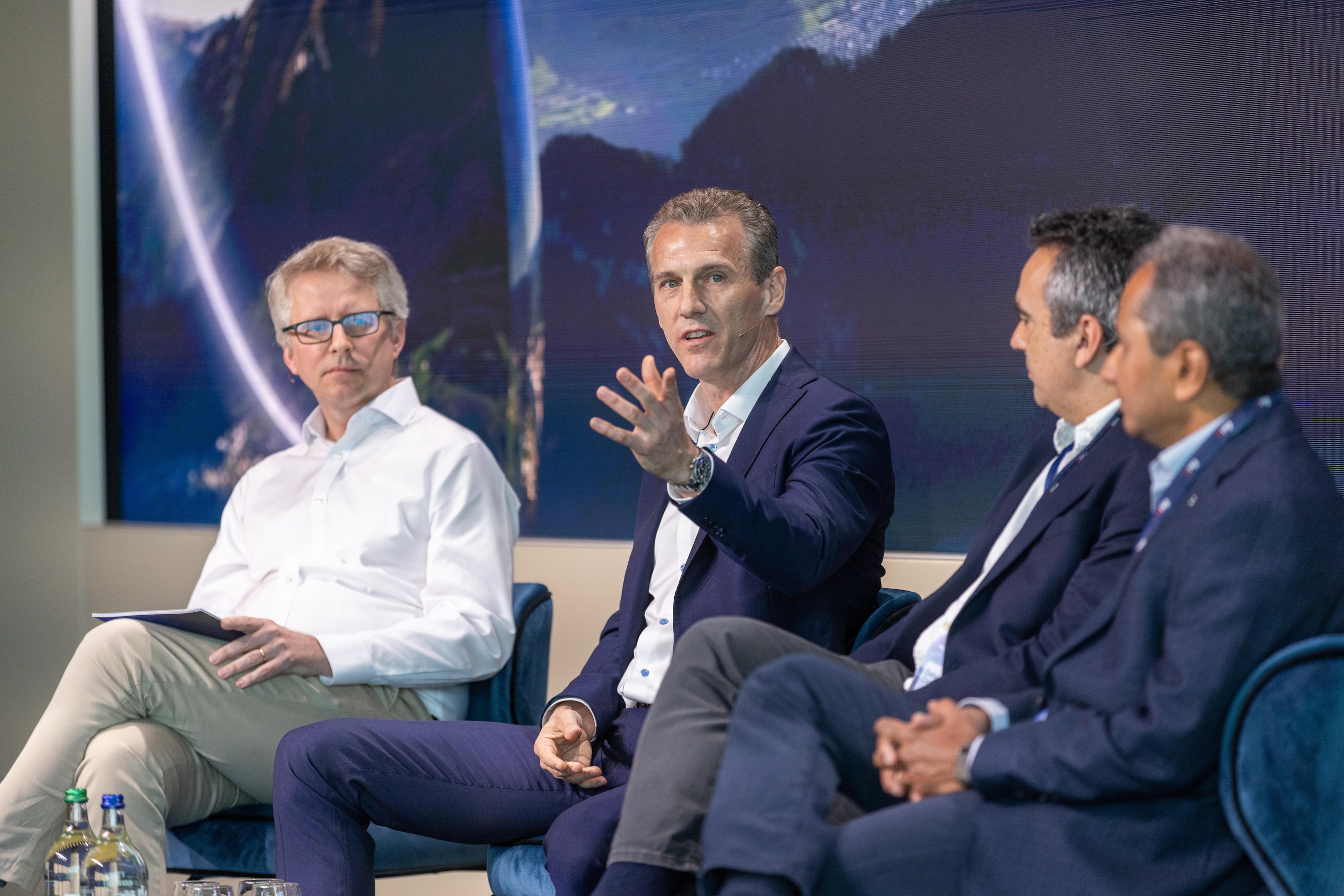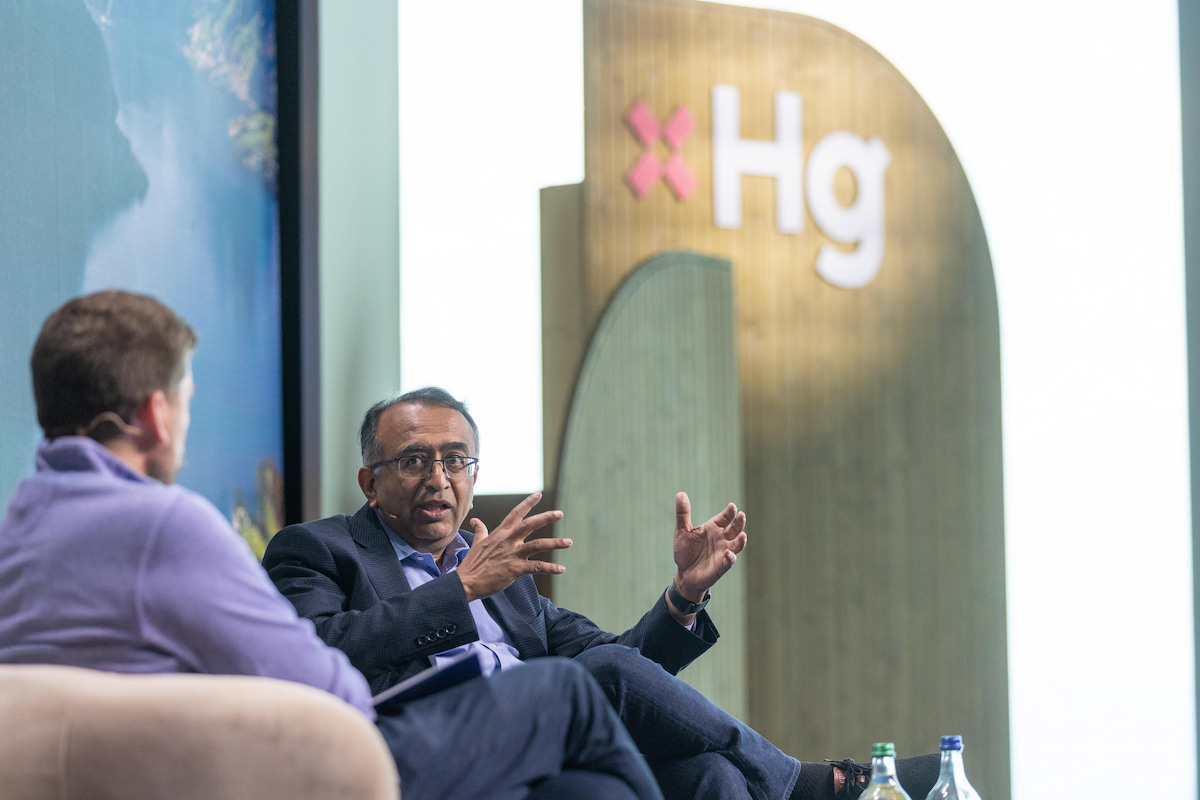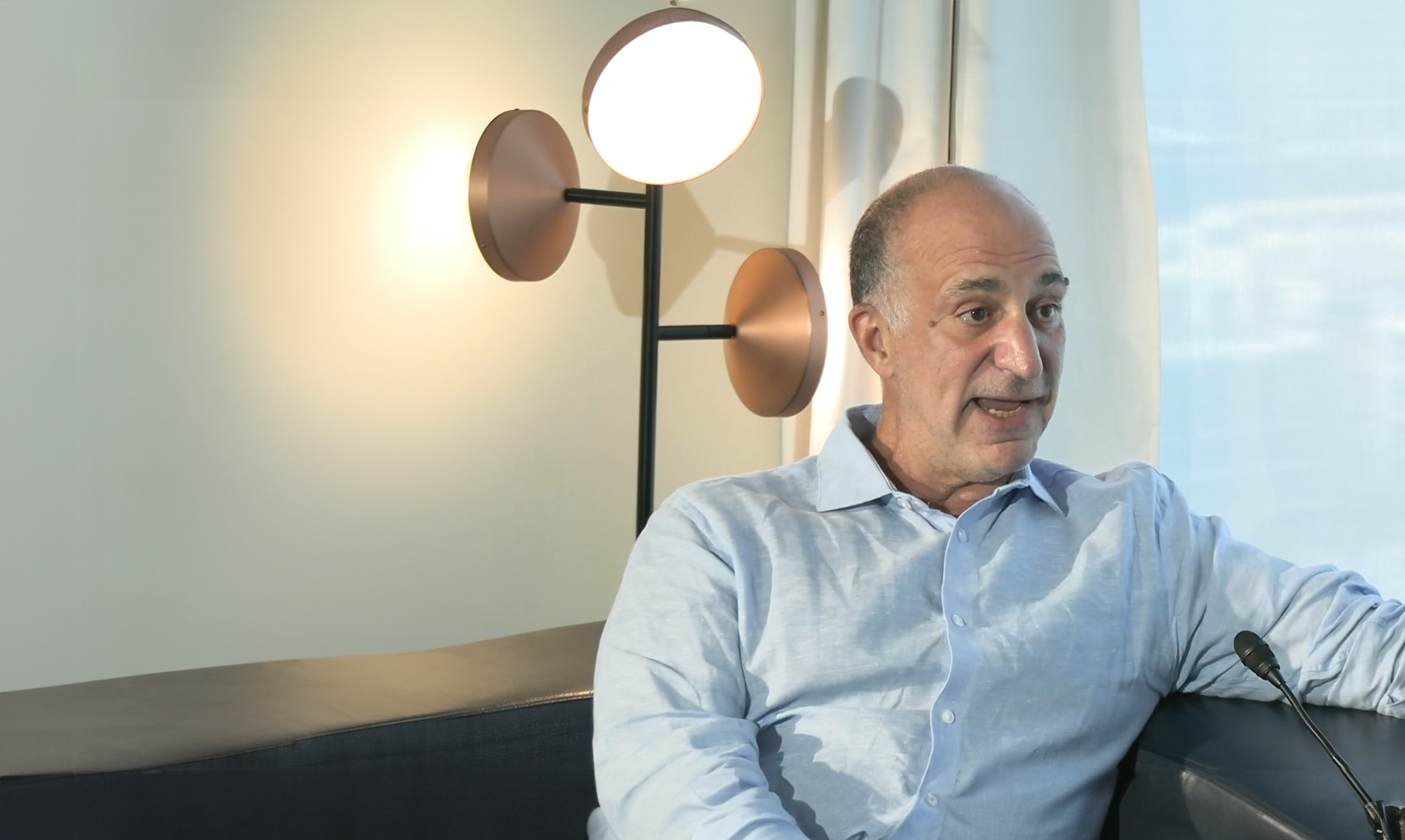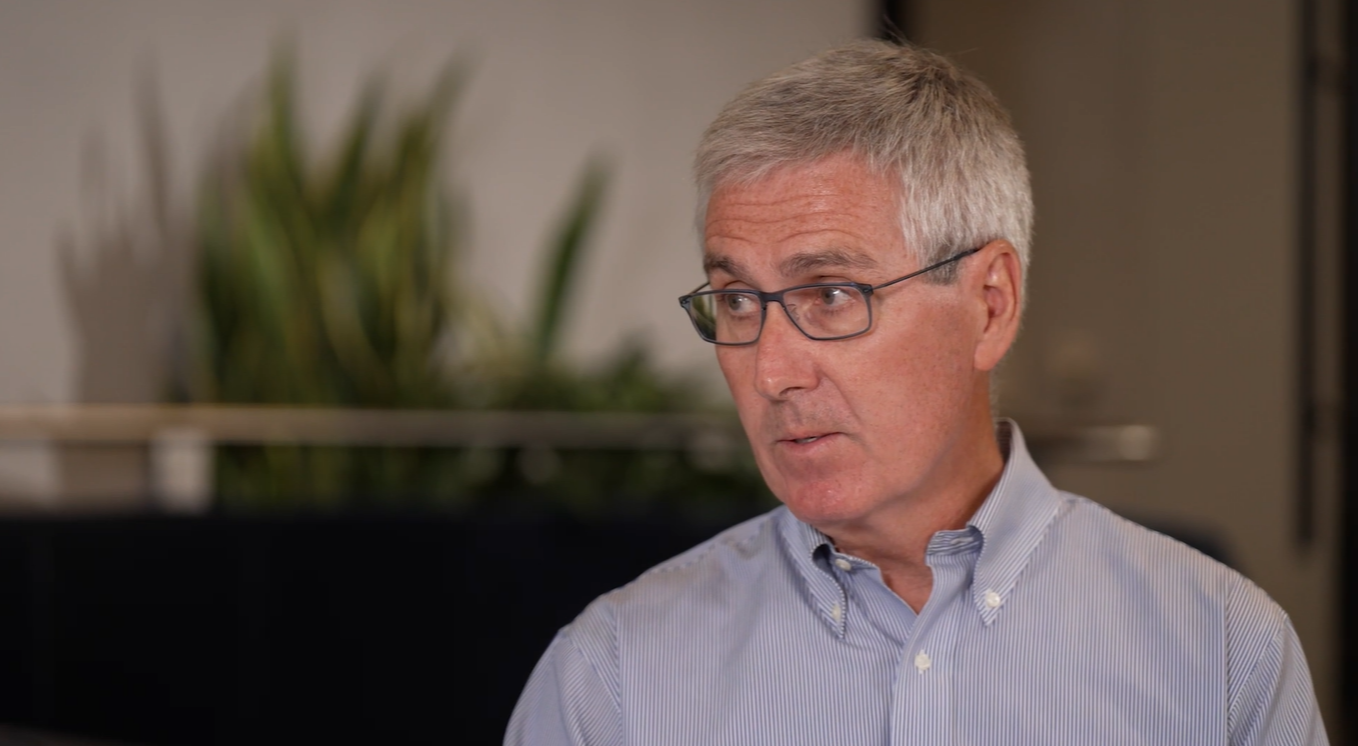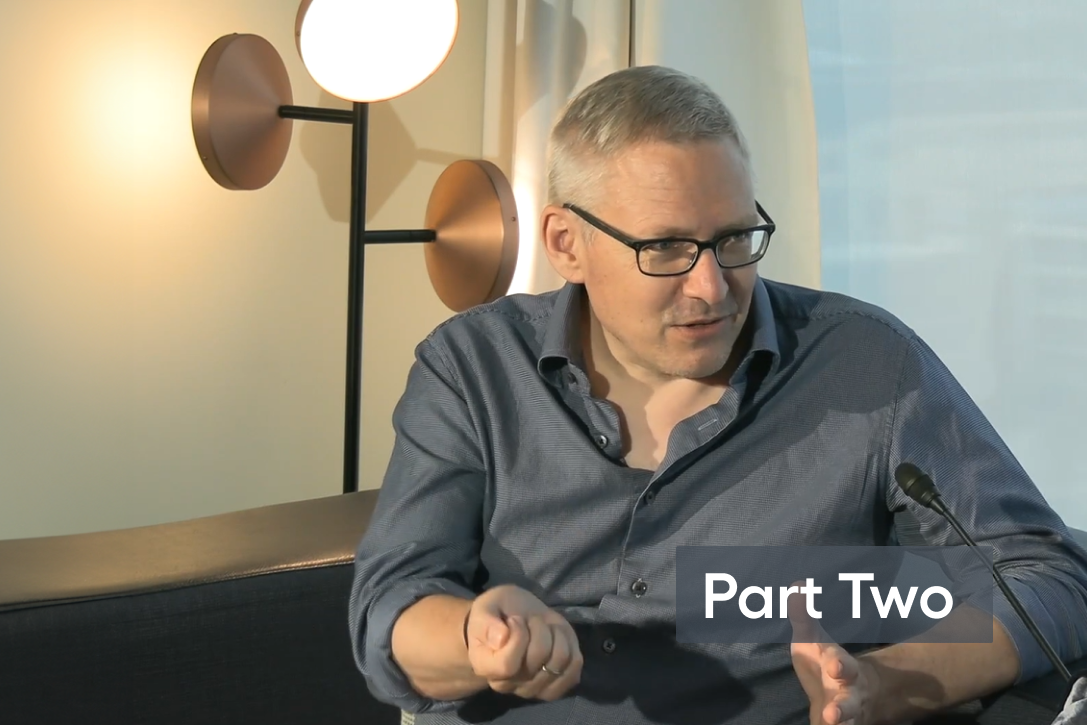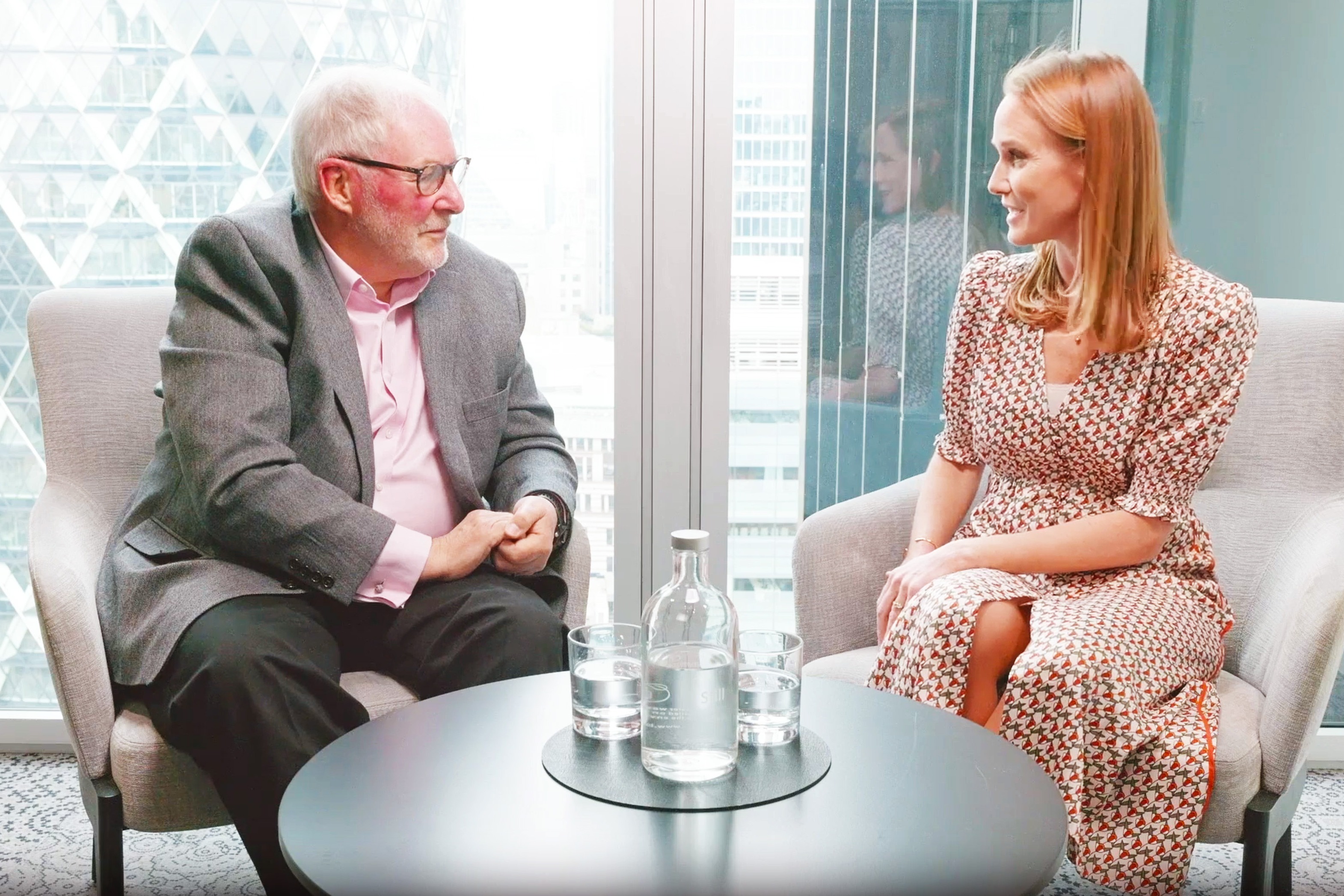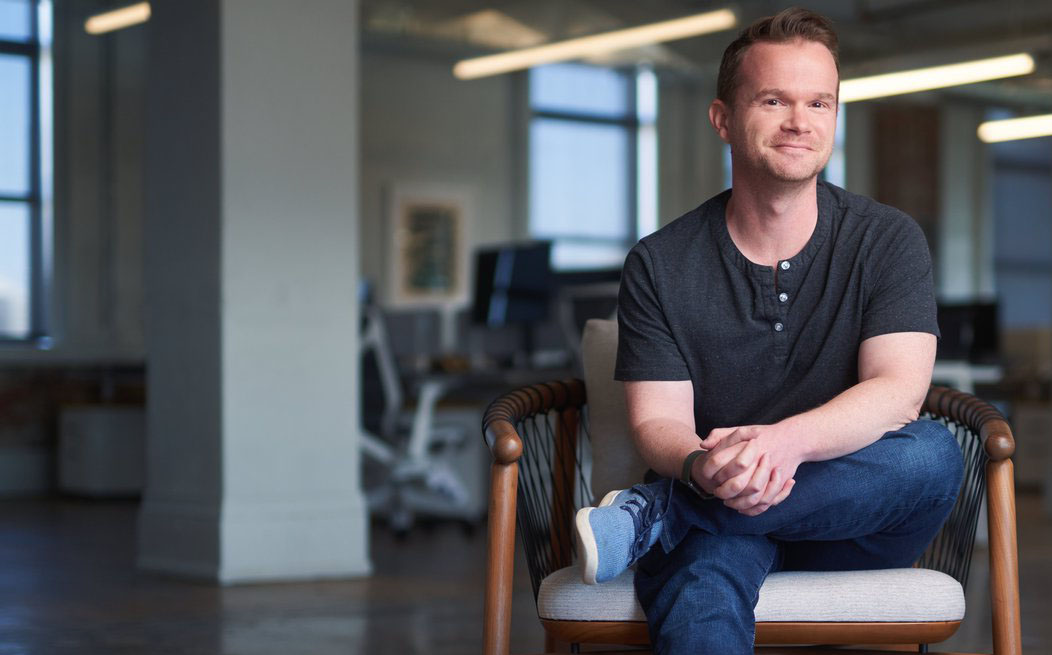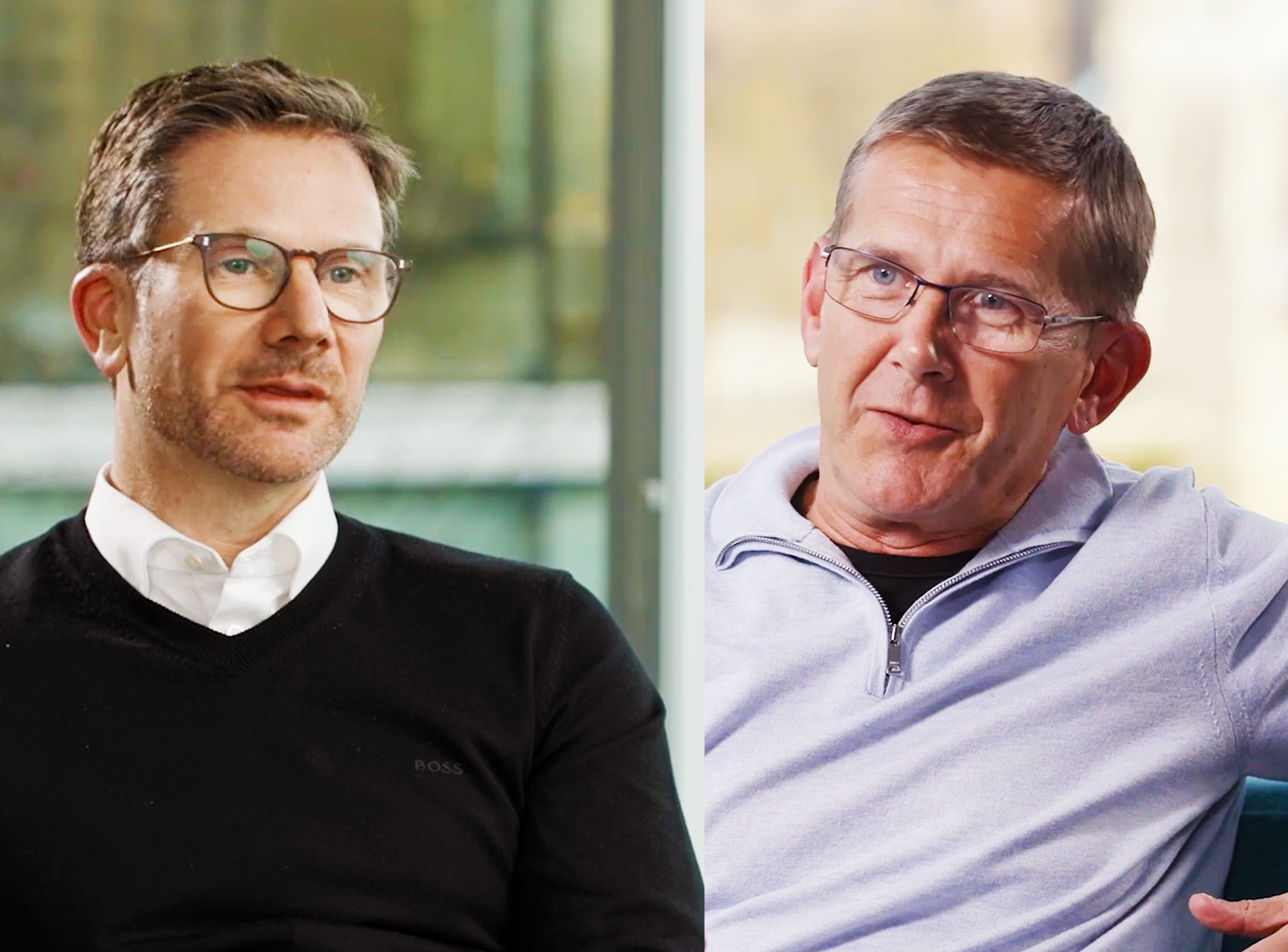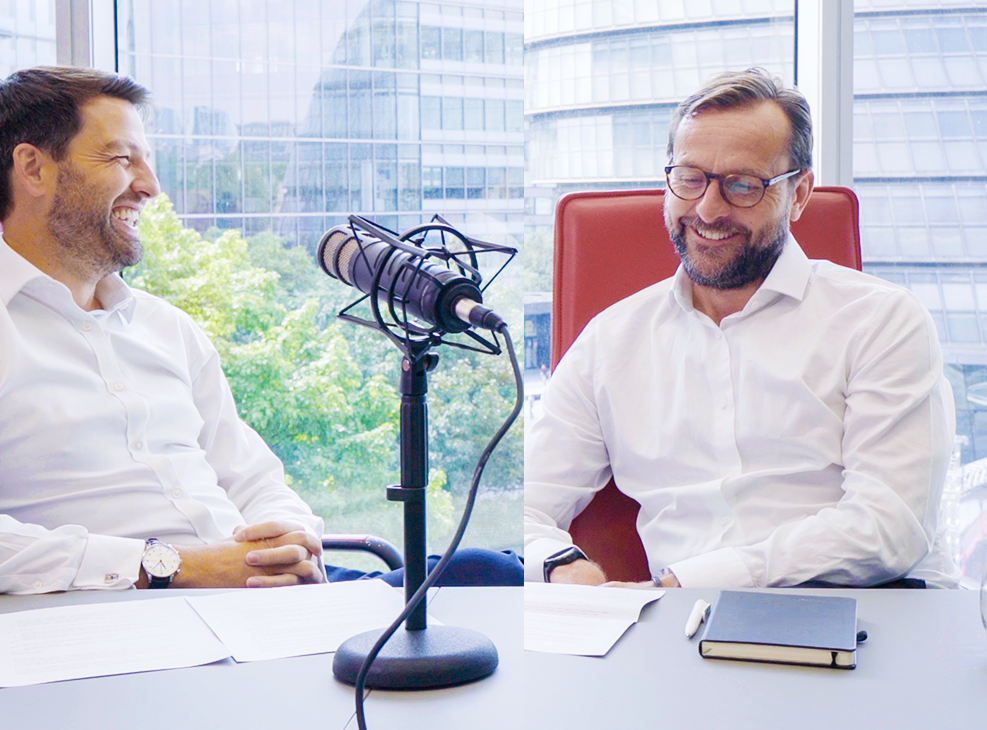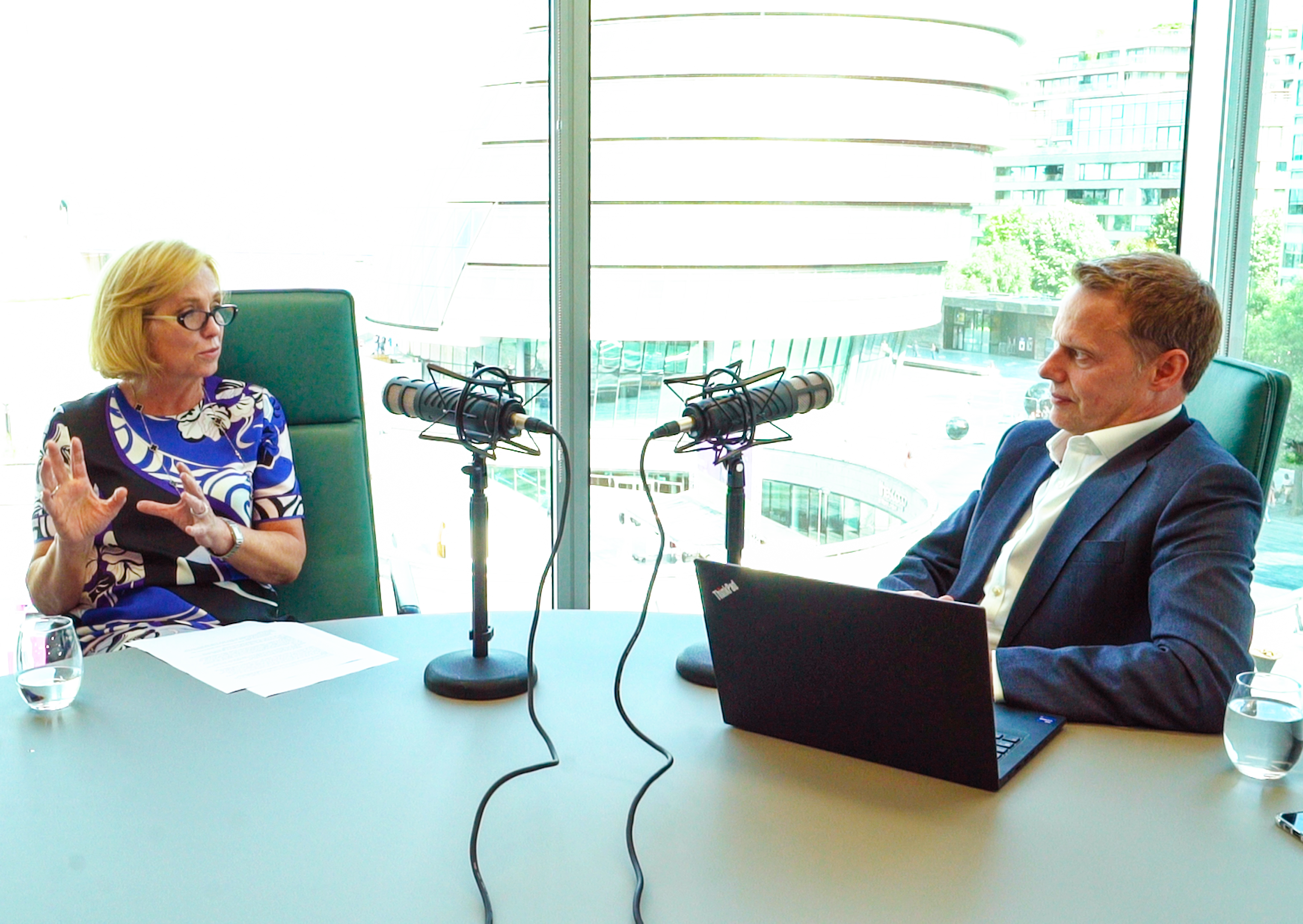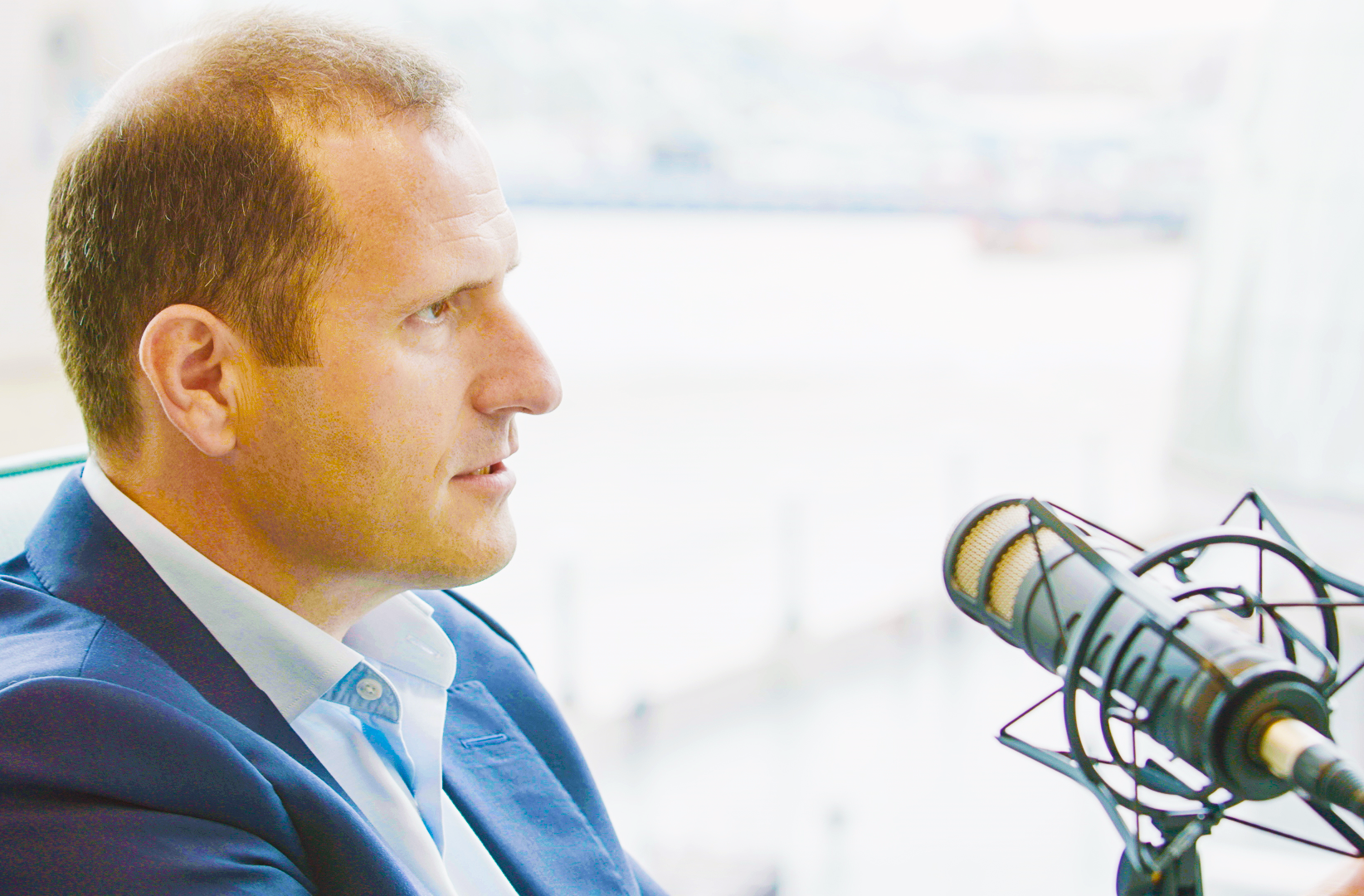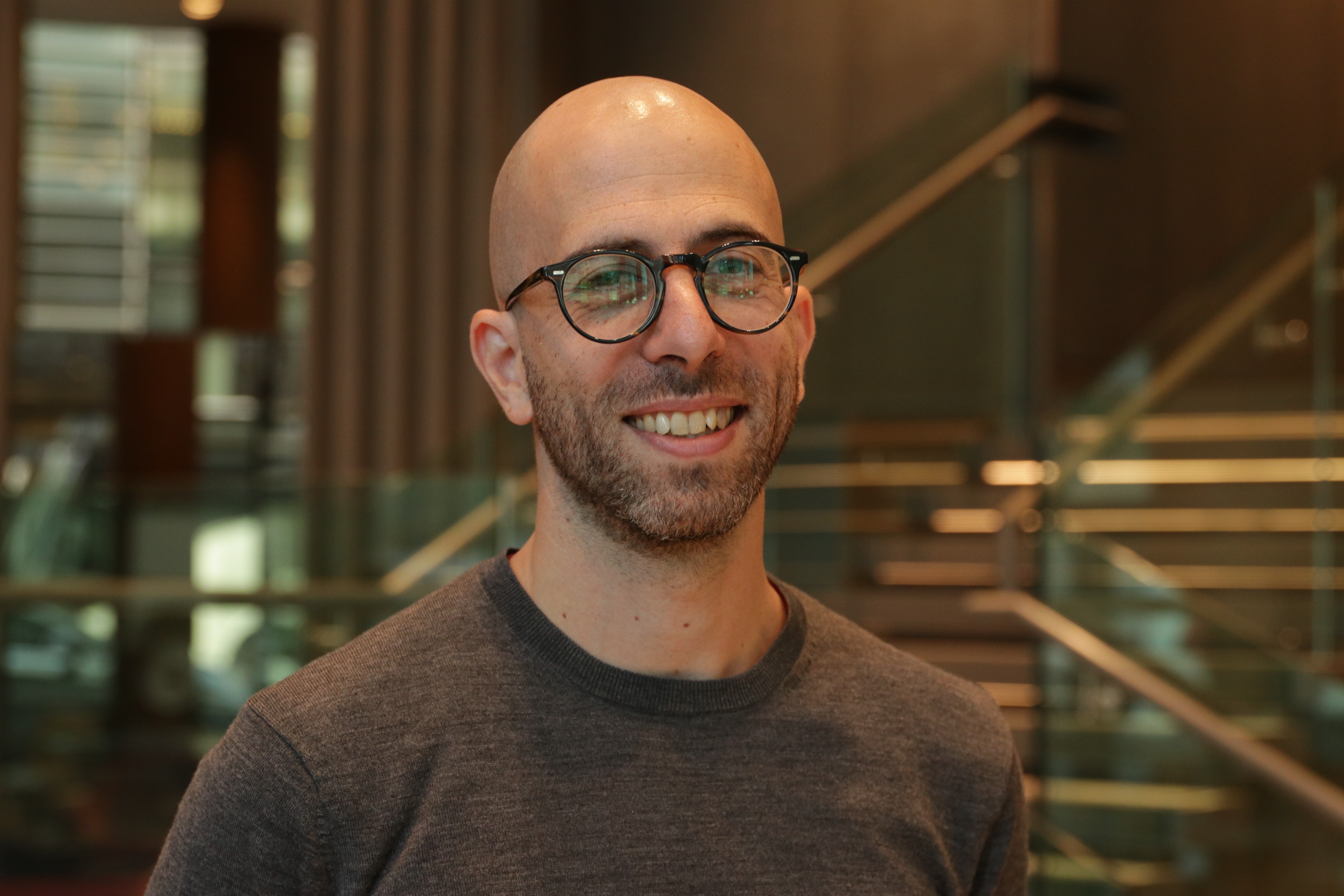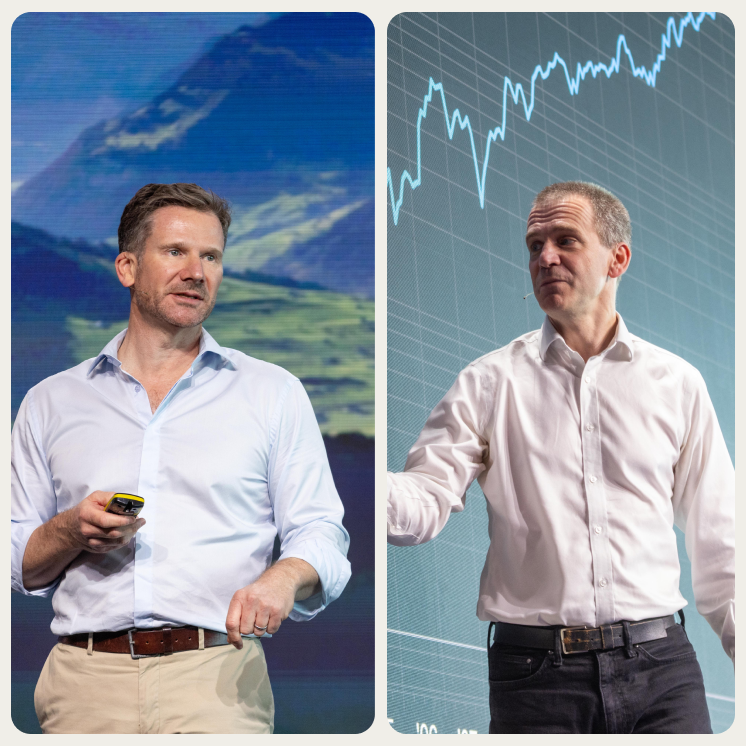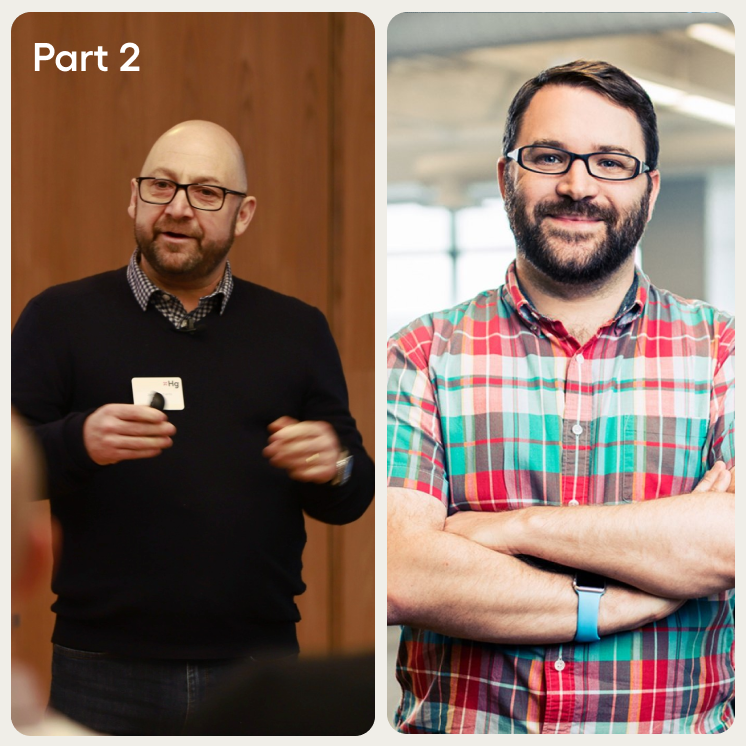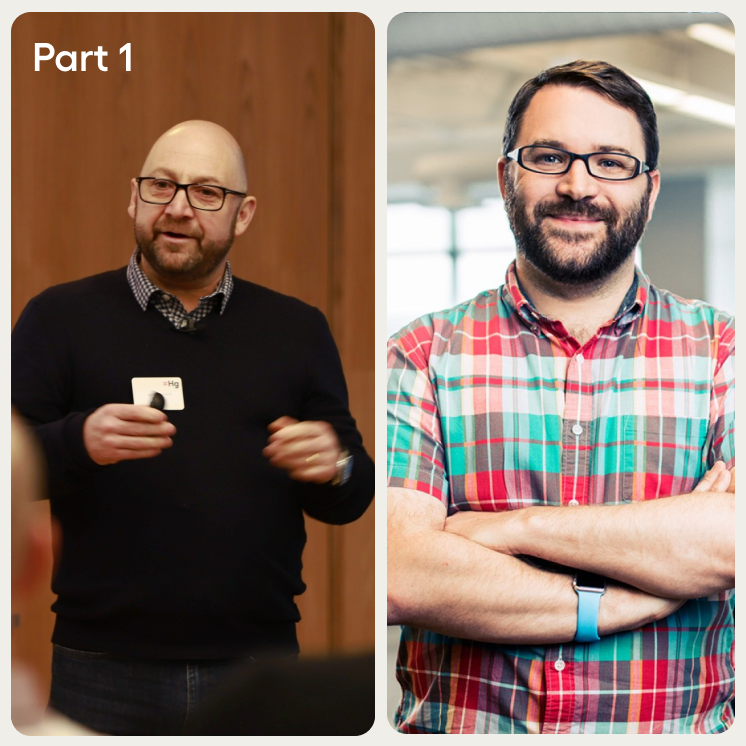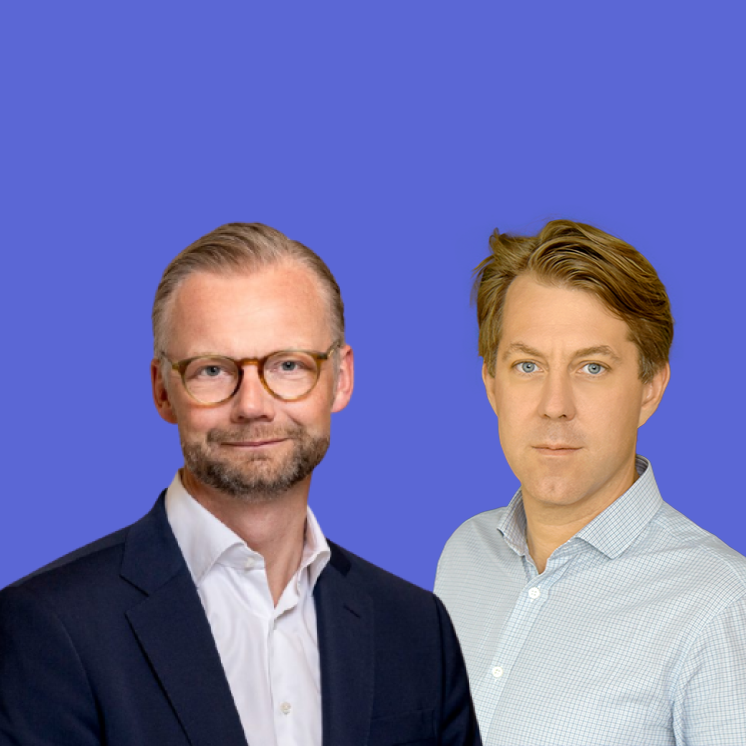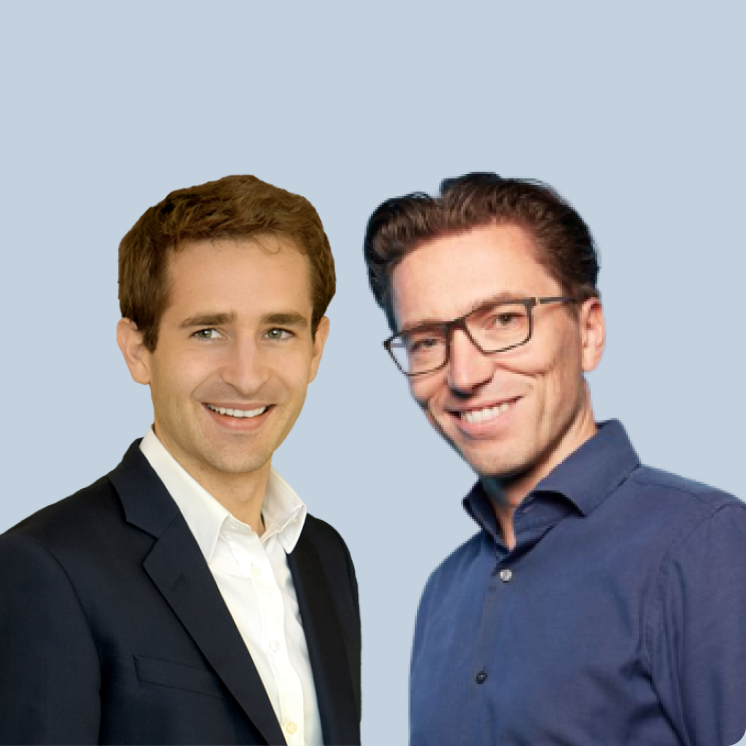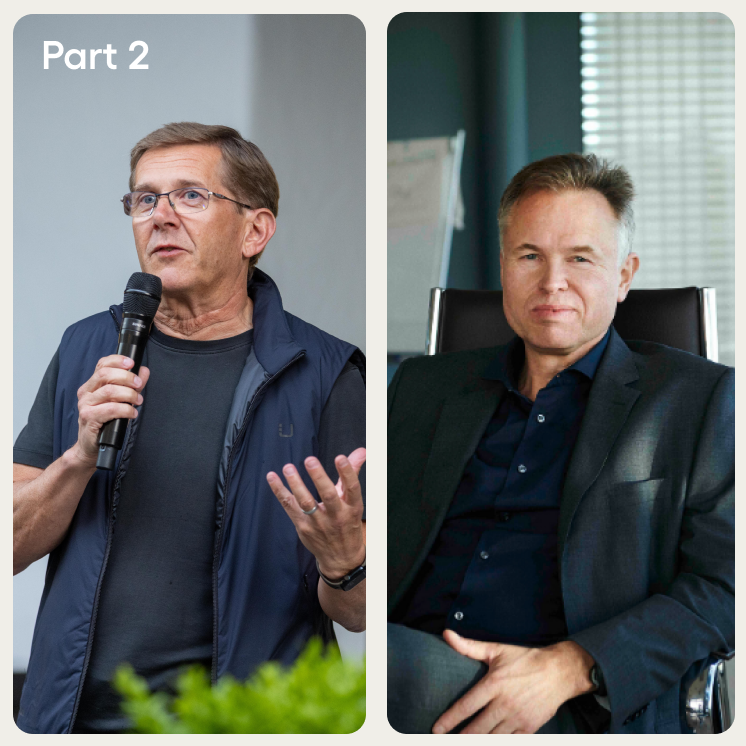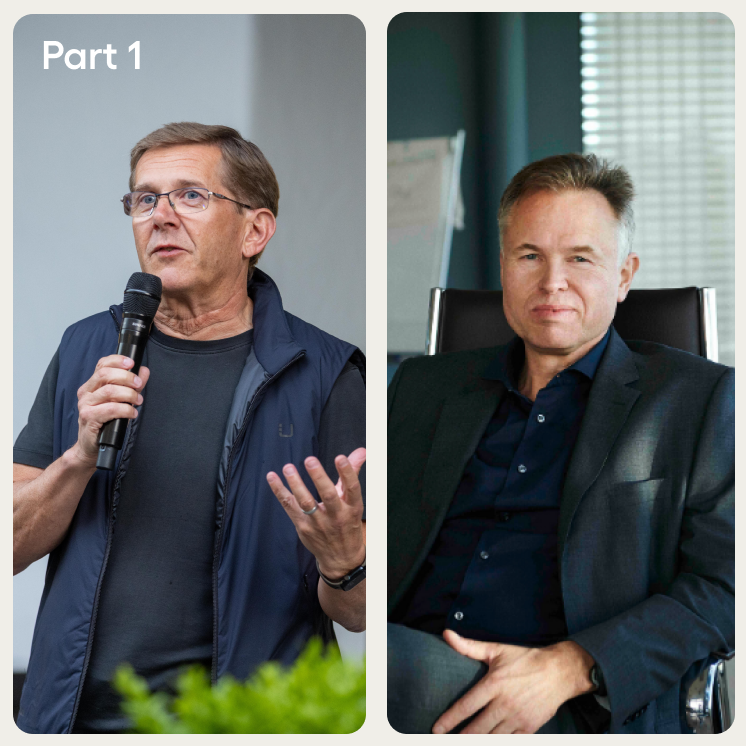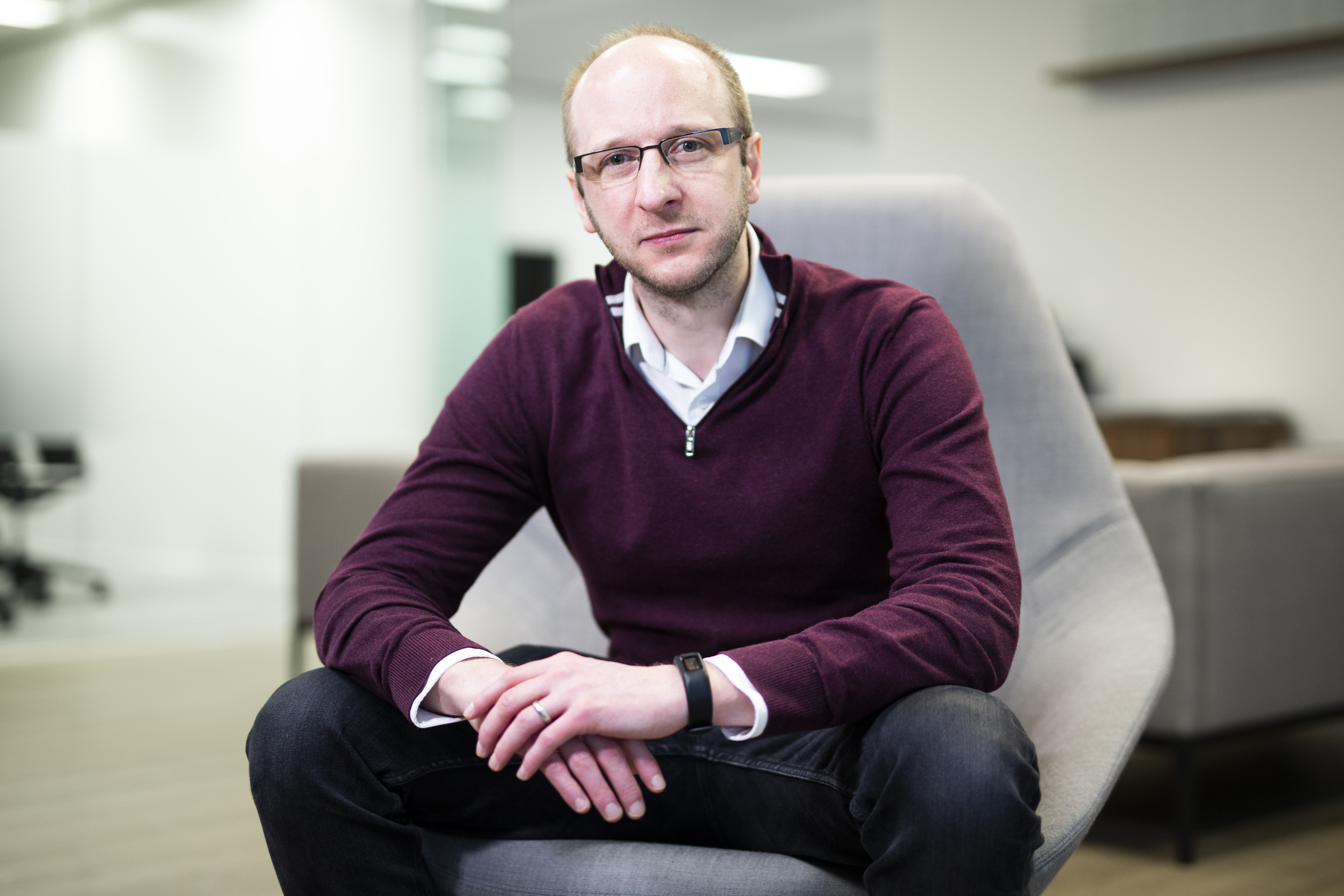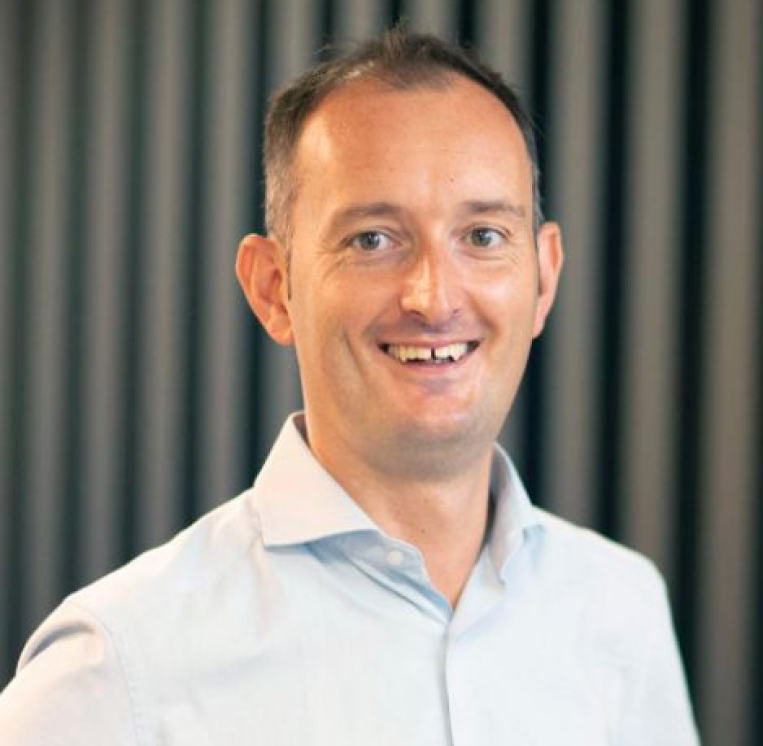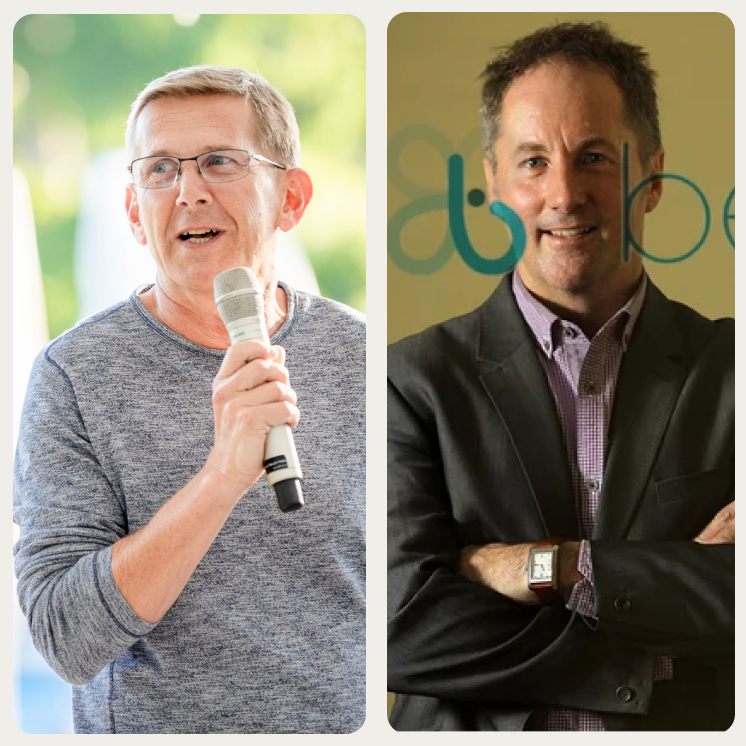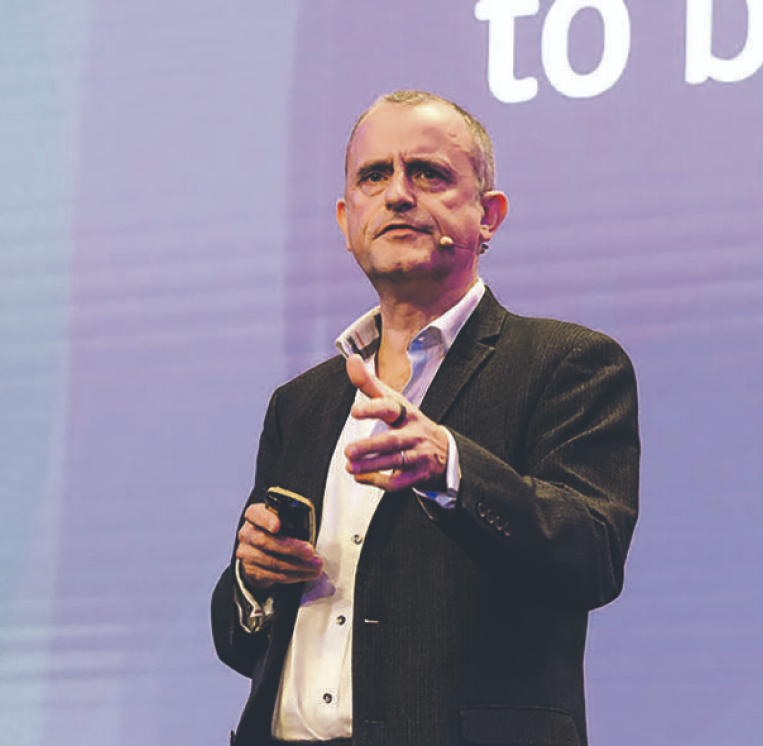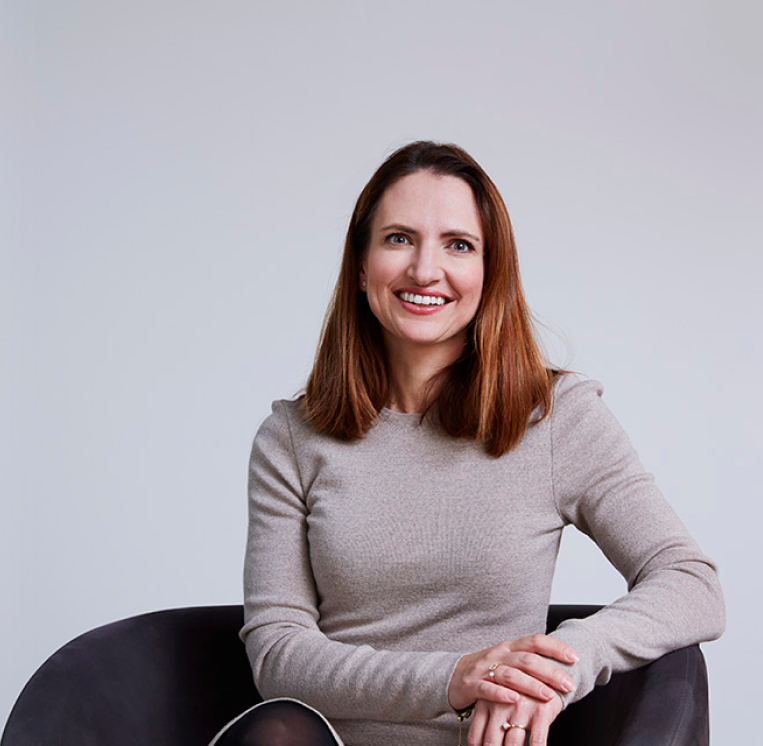Orbit Podcast
Orbit 36
Mastering the billion-dollar software playbook: Joe Lonsdale of 8VC & Eric Poirier of Addepar
Born of the same crucible as Reid Hoffman, Peter Thiel and Elon Musk, Joe Lonsdale and Eric Poirier have been building and investing in software for over two decades. As the General Partner of 8VC and the CEO of Addepar respectively, they have seen industries evolve and innovate.
Speaking at Hg's recent 'Software Leadership Gathering', Matthew Brockman asked them - since software has allowed new entrants to compete with the old guard - what areas could AI open up? Applying AI to existing technologies and services is one approach but it is one that comes with a level playing field and broad competition. Ask yourself the question: what's only just become possible now that hasn't been possible over the last few years and invent something new.
Listen on:
Episode Transcript
Matthew Brockman
I'm not going to embarrass you guys. But if we could do just a quick, quick bio. Perhaps. Just so people kind of know who you are.
So Joe is founding partner of 8VC, obviously big venture capital firm, partners with a lot of founders and entrepreneurs. Began his career working with Peter Thiel in Paypal while an undergraduate at Stanford. Then went on to work with Peter Thiel’s Clarion Capital and then, I think, about the age 21/22 forms Palentir which we can foresee now growing to a 60 billion dollar EV business.
Obviously, a number of startups. So Joe’s been responsible for a number of businesses that hit, you know, a billion of value and frankly, way beyond. And is now working that through the the AVC platform.
I would say part of the Paypal mafia, if that's still allowed to be described. That also includes, you know Peter, Elon Musk, Roelof Botha, Reed Hoffman, etc, etc.
And I thought it was particularly important or interesting to hear from Joe around how he thinks about, you know, industries revolving, how you build software that serves those industries. How that, how that goes through
Eric, is CEO of one of the major companies that that Joe's founded, Addepar
Addepar works with hundreds of financial advisors. I think you're up to about 6 trillion of AUM now on the platform. This business is frankly revolutionizing, changing the way that wealth management works globally, you know. Very arcane industry, very poor data, very poor customer experience.
And Addepar is now frankly established as being, like the leading platform, is going to frankly take enormous market position, already has, and is going to continue to grow that time.
And I think you've been there since 13 years or something. It's been a it's been a long journey. So you've been right the way through the journey in terms of where this come from as a small company with minimal revenue and a lot of losses, and taking that through the journey. So, I thought it was very interesting to kind of get that perspective when you're thinking about some of these end industries that look very stable, frankly, slightly boring. How do you think about innovation product innovation in that in that context.
So, Joe, if I can start with you. You've built Addepar. You've built Palantir. You've worked in local government. There's a bunch of these market spaces. You've done stuff in trucking. It's very interesting, this sort of you know. You'll you'll the conventional idea of, you know, you build technology which is in these kind of high growth sexy areas, you'll almost paying a counterplay and with a very long term horizons. Basically business running 15, 20, 30 years. I'd love to kind of open a bit on. How do you think about where you spend your time? How do you build innovation. What are you looking for? How does that process work?
Joe Lonsdale
Sure. Well, thanks for having me. It's good to see you guys you know, in in in my part of the world, which is a little bit different. We write a lot smaller checks than you guys and and start at the beginning. And there's really 2 big things we're looking at.
One is we need to work with the very best technologists in the world, because these these things are very hard to build. So we spend a lot of our time tracking talent and trying to trying to trying to build teams yet again, like the early paypal team where you had all of Peter Thiel and Elon Musk start as friends. I think we achieved that at Palentir and Addepar. So that's the whole talent game.
And then 2, which maybe is intellectually more interesting is really a question of what's possible now that wasn't possible 5 years ago. So if you wanna build a multi-billion dollar company, you probably shouldn't be doing something that people could have done 10 years ago, because it's it's gonna be very, very tough. And so the, without going too far back in history, I think the the really big wave is started around 2009/2010, which is when Addepar got going, was what we call we call it the Smart Enterprise Wave, because you're go… It was really the cloud big data wave. Because what was happening is that for the 1st time we're going back and replacing a lot of companies that were started in the seventies, eighties, nineties: your pre-internet companies. And most of didn't really have great tech cultures. And you were able to do that. And it was worth ripping out the old infrastructure in so many areas of the economy because of the cloud. Right?
So you probably had about 600 of these, you know, multi-billion dollar companies started right around this like 7/8 year period, because all of a sudden it was possible to go fix this stuff from 30/40 years ago. I think if you're saying today in 2024 is interesting question like, How do we now build another company of the size of Addepar. You probably aren't gonna just use AI to compete with Addepar, because Eric's using AI too, by the way, that's gonna be very hard, because he has hundreds of millions of dollars to invest into into what he's doing.
So the question is like what's possible in the the area that I just that I'm most bullish on now that relates to this is really going back. And, by the way, when we say we started Addepar and OpenGov and Blend and all these companies, it it sounds very impressive, but it's really, actually not that impressive. We had access to the best tech cultures, and we were kind of being bullies. We're beating up on these 30/40 year old poor companies that couldn't couldn't, you know, couldn't make it anymore relative to us. The question is, how do you do that? Now? In in? I think the area is the AI unlocks is, there's a lot of companies started 50/60 years ago, even that are doing services that suddenly we can now go compete with the technology which you couldn't have done 5 years ago. So that's my high, level model of how I think about it.
Matthew Brockman
You, Eric, and you were making the decision to switch across from Palantir to take this on. What was your thinking process about? You know time, horizons, longevity, and and what you were aiming out there setting up to build.
Eric Poirier
Yeah, so after college I was at this place called Lehman Brothers, 03 - 06 , and kind of learned from within a bank how antiquated technology was. I got to know Peter Thiel and Joe and that's what brought me into Palantir.
Joe Lonsdale
He fixed all the risk systems and he left.
Eric Poirier
Thanks, Joe. I left the middle of those things.
But you know, in my 6 and a half years of balance here, going from 15 people to about a thousand people really just kind of experiencing what Joe is just talking about like this very, very deep culture of innovation. Just looking at the world as a software engineer. But how do you help other businesses get that much stronger by building the right technology?
The problem, though, running Palantir’s finance business prior to Addepar, we didn't go sufficiently deep on is the investment management domain, the wealth management domain, the asset management domain. They go very, very deep.
And so I decided to, you know, to leave Palantir at very beginning of 2013, to join Addepar. To your point Addepar was pre-revenue, we had, you know, big ambitions, a really young team of software engineers. But there was obviously in in the wake of the global financial crisis, some very real and latent risks in the system, where people accountable for huge investment portfolios couldn't answer the basic questions like, What do I own? Where do I own it? How do I own it? What am I exposed to?
And so we just started with, you know, really, 1st principles, and a very strong R&D bent, saying, How do we just, you know, build the right foundation, build the right data model ingest data from millions of islands. Really, just to give each client that complete that complete view. So that was the original spark. And you know the the founding visions actually stayed remarkably consistent with time.
Joe Lonsdale
I think the idea, if you go back 15 years, is, it was clear there was going to be a lot of new companies in the cloud that that were important platforms. And and our our bias was, there are certain ones that if you can capture these initial workflows by integrating all this data. There, then, was a lot of other workflows to build on top of that data as well. So you'd become kind of this platform that then had so many things to build on, and we've seen that with Addepar. Now where V1 is just this 1st thing, then there's so many other versions of the software you build and sell. And so you get to compound companies that that grow.
Matthew Brockman
How do you? I mean, it sounds counter in terms of kind of picking wealth management as a place to go, or, you know, defense as a place. I mean, these are pretty long established, you know, entrenched interests. Right? So. And you're building something on a from a venture perspective like you're going and spending. I'm gonna spend, you know, 3/4 years building a product. I'm gonna spend hundreds or tens of millions of dollars. So let's say, probably hundreds. How do you calibrate longevity, time horizon success?
Joe Lonsdale
I can usually manage to spend hundreds of millions. It's you know, I I think again, when you're when you're starting something new. You wanna go after places where there's big gaps in the world, and you probably don't wanna do something that a kid in an incubator could do, because there's already gonna be someone doing it. So so if you choose something that's really hard, that is going to take tens of millions of dollars. And and it is that does have lots of barriers to get into. and and and it is really broken, and that's a good thing to do.
So I mean on on the wealth management side. I was building my own little family office to start after having done some hedge fund and and and Palantir stuff and everyone I talked to just like hated their software. The NPS score for the industry was negative for everything we looked at. It was a mess, and and everyone said it was impossible to do.
This is too hard and you know maybe a little too arrogant, because it did take a long time. I said, well, if we've just built software globally for the FBI and NSA and CIA and Mi5, and Mi6, maybe we could solve this silly finance problem. Turns out the finance problem was maybe slightly harder, but it was solvable with a great technologist. And similarly, in the defense world. And you had these crazy moats. And so, because of those moats, no one good's gone into it for 20 years.
You know before Palantir. There's no new prime for decades. And even after Palantir, Palantir was just in the software area of government, and we saw the hardware software area had just gotten totally broken. No one goes going into it like that's the place. Those are the places you want to compete.
Eric Poirier
And then the in the Addepar context is going a little bit deeper on that, too.
You know. Just again the 2008/2009, showed a lot of people the hard way that it that didn't have that single place to go. And so you know, in the same conceptual model Joe had like, what's possible now, that wasn't 5 years ago. It's like what problems are much more abundantly clear now that require just like the super sharp focus. And so you know, to Joe's point, like, if there's no one single place you can go to see everything like that's clearly a problem, and people now understand the consequence of that.
So that's really we're just, you know, staying really consistent with giving each and every client a total portfolio view. But with the rise of alternatives to go along with marketable securities, that's really where we needed to - again starting day one - get integrations, for example, with custody banks where clients held stocks and bonds and mutual funds, what have you, That paired well with investments and private equity, and hedge funds and venture and really anything the client considered to be part of their investment portfolio like, how do you present that in a really coherent way, in a really scalable way. And by getting that data foundation right, that's what then, you know, with that platform allows for, you know, further application development on top, an open platform ecosystem for partners to build on top, and that's really what just compounds in a, you know, innovation.
Joe Lonsdale
Yeah, yeah, became clear with the cloud coming out there were certain places you're gonna own a lot more value in the industry by having this base you could build, and that was one of them.
Matthew Brockman
What do you think about sort of imitation, right? The kind of the moat that you were? Gonna I mean in the Defense guest. There's a hell a lot around contracting, and how people sell into governments, and how you procure, and so on. So there's an enormous moat once your functionality is kind of, I guess that's part of the, when you're innovating in this way. And you're really sort of incubating pretty much from grassroots, right? And you're gonna start building a product with a bunch of engineers. So it's not like you're sort of buying something which is out. You pretty much going, I think…
Joe Lonsdale
We probably probably should learn from you guys and buy things and build on top of them more. But yes, we started from scratch. Yeah.
Matthew Brockman
Do you think about imitation, it’s interesting, a kind of SaaS wave in 09/10 and then you think about what that looks like in 2024 right, like, how fast can people catch up, how headway, how much lead you need?
Joe Lonsdale
I think it's very hard to compete with the leading SaaS companies that exist now like starting now today, because basically like, I mean, if you, if you look at the revenue, Eric's been able to reinvest in Addepar like, we've spent a billion dollars or so on the product and technology with several 100 very top engineers who are also working for upside. And so you have to recreate a culture that can compete with that.
And by the way, it's like, you know, more than a hundred millions going in every year, getting better for the needs of these guys. And then there and then there are ecosystem effects. There's people building on top of it. There's all this aggregate data that we're able to use to turn into products. And so you kind of get this runaway train where these things are very, very hard to fight against. Like I'm constantly pitched
like really strong tech teams in Silicon Valley who see that a SaaS company from 14 years ago that they don't like, and they're gonna beat it. And like guys that's that's that's a much higher bar than most of the start-ups we've been backing, and I and I don't. I don't generally like to back a start-up to do that.
Eric Poirier
And I'd say both with Palantir, at least my experience, both of Palantir and you know, over the last 11 and a half years at Addepar, imitation, is really not the prevailing approach and thought, it's really just like an observation like: what exists today doesn't work. Clients are universally dissatisfied. So it's more of a 1st principle, super deep innovation, very, very fast. Iteration cycles.
In this very deep client centricity. We're like, if it actually works for a super-demanding client, Well, then, it works. And then they're gonna tell their friends and you can scale the business if it doesn't work for them. You're not, you know. You’re not at the starting line yet.
Really, just having that client centric orientation getting close to the problem. This is, I actually, I think, one of the reasons why we started. You know, focusing on like, the high end of retail working with family offices working with RIA's is you don't have this principal agent problem that you have with institutions. Like the groups who are feeling the pain are the same groups who can write a check to actually address it. Bring in an Addepar, bring in a Palantir, bring in a different company along those lines.
Joe Lonsdale
Yeah, yeah. You always go to the institutions later, because they're kind of misaligned the same thing in the military. There's the special forces, special operations teams which are generally the most competent, and they have their lives on the line all the time. So whether it's Britain or US, or otherwise, you work with those cause, they need it, and then eventually, you kind of work your way into the kind of slightly more corrupt, slightly more broken, bigger institutions. This is how we see it.
Matthew Brockman
Any examples of things where you try to innovate, and it hasn't worked like the you know. The people have caught you up, or the just. The market hasn't worked out. I mean, I mean, you must be right. I mean, you're in that business. You're in the risk business. So is it a takeaways from kind of when it hasn't been as glowing in light.
Joe Lonsdale
We're in the risk business, you know. I think when you haven't really really understood the workflow and the need. I think if you're not building something directly to the existing kind of workflow and processes and solving their actual problem when we 1st started OpenGov, we made a lot of mistakes because we had all these ideas for things.
I started OpenGov, 13 years ago, we just we just sold it this year for 1.8 billion dollars, which is fine. It's obviously a lot smaller than Addepar. But the mistake we made early on is the government should be doing this. Cities should be doing this. Here's here's 5 ways cities could save all this money and do all these smart things, and we found a few takers. They thought it was cool but it turns out in anything in government if they don't already have a budget for it. It's very unnatural and hard. You can't just go sell it everywhere you have to like, convince every single one differently. And that just doesn't work. So I think I think some of the mistakes I've made with products and things we've built is when like: here's how the world should work. Here's how I wish you would work as opposed to how it does work.
My favorite example I like to give, which maybe is a little bit weird. My dad’s Irish is. I studied how Saint Patrick went to Ireland originally, and like all of like the Catholic religion on Ireland. Everything's like a map from like the former religion there, right. You have, like the circle on the cross versus the former God, and you have. My grandmother used to pray to Saint Anthony, which is like a equivalent of what you'd pray to as a fairy to find something in the 5th century.
It's like everything already existed in Ireland in a certain way. And then you mapped it directly, and that's how he was able to be such a good entrepreneur and Catholicism there, I think that's a very good analogy for business as well. You have to take the things as they exist and you have to like work with them. You can't just like, put in a whole new framework, if that makes sense.
Matthew Brockman
Maybe looking forward a bit now from Gen AI. How are you day to day? How is it influencing your business right now? And we can look forward again in the minute. But like, what? Where are you now? You're spending clearly real money. How's it impacting?
Eric Poirier
Yeah, I'll I'll give a couple examples. So you know, starting with the data foundation that's normalized. That's high quality like that's really, if you don't have that. it's really like, you need that.
So fortunately, a lot of the investment we made over the course course the last 3, 4 years has been making us. Every single data point is resident. The same data lake house. We partnered very closely, for example, with Data Bricks on our underlying infrastructure. And the the way we're deploying Gen AI and other variations of AI and machine learning. It's it's pretty vast. And frankly, a lot of the internal workflows we can, you know, make you know, radical advancements and productivity. Is where we've, you know, gotten started.
So you know, for the last 15 years every single client support ticket is written down. So an email or some other form that we can use to train a model. But we've been very thoughtful about actually not using one of these, you know, super broad, overly generic models. We're really are training our our own very deep proprietary model just using those client proprietary data in part because data privacy, you know, a lot of the information that we're entrusted with is among the most sensitive and secure that all of our clients have.
So it's super important for us just to be able to train a high quality model that can augment / replace some of the basic questions that our support, staff or training, or what have you or clients have just around like: What's the best way to accomplish this thing with that, of course, broad set of tools.
But to go along with that, some of the add on capabilities that Addepar is now rolling out like one of the problems that's pervasive across our client base is managing data on all certain investments. So, across our clients, there's more than a thousand firms using Addepar’s platform and they're managing several 100,000 different unique LP Interests on Addepar today. And, as we all well know, each one of these funds - Oftentimes the best you can do is to get a pack of Pdfs every month or every quarter, and then have this staff of people just keying in data manually. That's a problem where you know, throwing OCR at it or glorified OCR at it like. There's, you know, a litany of different solutions that have, you know, been attempted in that way. They don't really work that well, because, you know, there's usually a footnote 6 pages later, that clarifies the data that was in this table. So it just requires a much, much deeper level of insight. And so the way we're approaching all data management is really benefiting from a lot of the recent advances in Gen AI and also some like more classic, like machine learning and assistive machine learning techniques where you know, having a human in the loop but ultimately for any given document auto classifying it with one model, and then really parsing out, you know, data tables versus, you know, data that's in paragraphs, or what have you. And doing it where every single document, every single you know, data point every single day. The model just gets that much better because that human loop dynamic.
Joe Lonsdale
This is the most interesting thing going on, I think, in the tech world right now is is these AI services areas. So in America writ large, There's probably about 4-5. trillion dollars a market cap of like smaller services companies. And you know, our best guess is like more than a 3rd of those can have their margins doubled, if not more than doubled annoyance. A couple of cases we're seeing them tripled.
This is a major wealth creation event the next 5 or 6 years. What's really interesting is a lot of the SaaS companies that you guys own and and that we're building and working on as well, because there's systems of record that touch so much of the economy and own so many workflows like we sit next to a lot of these service workflows. There's there's tons of service workflows on top of Addepar, which Addepar can partner with and Addepar can augment and Addepar can even take over in some cases. And I think I think it's not unreasonable to at least triple the margin in these areas.
I'm not. I'm not very bullish on, like just replacing people entirely. I think you, I think for a lot of these you do need human in the loop. But if you're talking about, you know tens of billions of dollars of spend, and you're tripling the margin. That's that's a huge deal. So so I think this is a very key area for SaaS companies to be thinking about. One thing I would, I'd be biased towards is rather than focusing on maximizing your cash flow in the next 2 or 3 years. This is such an important time that I would take some of that cash flow and be thinking about how you can invest that into these AI services into the most interesting one or two on top of your platform and compete in that area. That that's something I'm pushing a lot of my companies to think about.
Eric Poirier
Well, I think, Joe, probably the 1st conversation you and I ever had. Early 2006, was around like human computer symbiosis like at that point, you know, you know, chess was a great use case for that, like on balance. You know, how well can a computer alone versus a human alone versus a human working with a computer compete. And I think, you know, with advances whether it's Gen AI machine learning other techniques like there's being open, there being a human in the loop. But obviously, that, you know, proportionality changes over time. As the model gets that much more advanced.
And so just having this sophistication where you know, for example, in this old state of management use case on a not just a document by document basis, but a data point by data point basis, we can assign a confidence weighting like how sure we that we got this particular data point right?
If we're more than you know, kind of above a certain threshold you just let it pass through. If you're below a certain threshold, you can use the human capability in a much more efficient way, and ideally, you'd grind through that enough times. Really special case, that model.
Joe Lonsdale
Yeah, it's really an operational question which is very interesting. It's not just a tech question, do you have an operations going on? How does the tech and operations work together to guide what the people have to do or not? And that that and that. And it comes down to, I think, training operational cultures as well, that can work with this.
Matthew Brockman
I’m gonna put you on the spot a little bit. So if you wind the clock forward 5 or 10 years, and you know, adapts got a very significant position in wealth management. And obviously, you know, a bunch of people will have some wealth here that will be spending, you know, several bps managing through some manager, or whatever. I don't know how much you'll take of that. You probably wouldn't want to tell me. But like I mean, where do you? Where does that shift, though? If you want the clock forward 10 years. Is that a part? Take twice as many bps as it currently takes out the wealth management process and UBS private bank in Switzerland takes half the bps it's currently taking? I mean, do you have an emerging view, or even a perspective on kind of how that might look cause this is the sort of services substitution thing. Right?
Eric Poirier
Yeah, I guess. You know, thinking broadly about it, maybe conceptually about it, right? Like, there's ultimately like what we're able to earn as a function of the amount of value can you know we could provide, of course. As that value creation, you know, just becomes amplified and compounds in in really outsized ways, I'd flip it a little bit like you have a lot of people, you know, charging some odd basis points for wealth management services that aren't very good, and their clients sort of maybe has a sense for that but it's not as data driven as it could be. And so all of a sudden, when there's a common set of weights and measures in terms of what great looks like, what good looks like. For me, it more becomes a question of like for the one for the people who are great at providing consistent value to their clients, how do we help them serve way, way, way, more clients, and for people who are good, how do we help them get great, and for a lot of people who are kind of lousy or mediocre like, you know what's what's the right out, you know. Maybe they should find a different, you know, type of occupation.
And so like, I'm serious. But like, that's, I think, a reasonable way to think about it. And then, in terms of like how that fee pool, you know, gets carved up. We don't aspire to be an advisor ourselves, but we see a lot of data that can allow us to support advisors, support investors in a way that really just surfaces true best practices that are actionable, that are sustainable.
And so, you know 5, 10 years out. What that kind of value chain looks like, you know. Time will tell. But you know we're obviously making a big bet on just saying, Well, you know, if you can kind of centralize and formalize with data in a much more rigorous way. And we think that is a lot of staying power. I mean, there's 250 plus trillion dollars of assets owned by individuals around the world. Another 100 plus trillion, you know, controlled by institutions and, by and large, like the biggest portfolios almost universally have a bunch of point solutions and a bunch of people playing the role of middleware.
That's a problem.
Matthew Brockman
Yep, yep. You talked about sort of services being the next innovation wave. Any tidbits on kind of where you guys are focused. Are there any ideas that you could let us have of what you're thinking about in terms kind of where you're picking.
Joe Lonsdale
Yeah, I mean, I mean, we're looking at what are the biggest areas there's probably there's probably, you know, there's half dozen that are over a hundred billion spends gonna be pulled out. There's probably another half dozen where at least billion dollars to spend is gonna be pulled out of revenue per year in the US. Just based what we're seeing now, numbers will probably go up over the next 10 years, and you know the question is, how do you capture that quickly? When you have a market move like this, you gotta go fast. One is through SasS companies like Addepar building aggressively on top of them, partnering with them. So one of the things we're also doing with building new companies is finding companies to partner with. Maybe you're some of your companies will wanna partner with some of ours that are doing this. The other question is, how do you grow really quickly? There's organic growth where you go and you outcompete them. But we think inorganic growth is, gonna be very important, for this is something where you guys have an advantage for your model. You could probably build some of these things. And, partner, we can go and you can go buy these, you know, in many cases very boring long tail services companies that you probably can pick up it, you know, 4/5/6 times earnings. And all of a sudden, if you triple the earnings that maybe it's interesting all of a sudden for the platform.
So we're looking. We're looking very aggressively at raising large rounds right now for a few of our companies that have proven this. They want to go do a lot more acquisitions. So that sort of thing.
Matthew Brockman
I'm conscious this is very technology-led, you know, this is really starting with product or starting with, you know, with design, market…
Joe Lonsdale
Start with the top tech cultures in the world if you can. Yeah.
Matthew Brockman
How was that? You know? Talent, you know, finding people finding the best talent. There's obviously the history of Paypal, which goes back, you know, 20 years. But I mean, just how does that? How does that work for you in terms of where you're based?
Joe Lonsdale
Well, It's chicken and egg a little bit. So if you start with a few of the very, very best people. Everyone else wants to join them. Right? So I think I think I think when you're starting one of these companies. Getting the culture right early on is really important. One of the things when we were doing this 20 years ago, almost all of our competitors had business people, leading companies kind of telling engineers what to do, and the engineers would be in the basement, and maybe you'd you. They'd they'd have to report up and do what you said.
And in the Silicon Valley way was very different. We, we, the Silicon Valley way was with the engineers, would be helping run the company, and if anything, they'd be helping guide the business guys what to do. And and and we were always very careful.
Palantir never really had a very strong sales culture, early on, which was in in part because sales cultures tend to be very alpha. They tend to be like the like the cool fraternity guys everyone else wants to party with, and and they tend to start taking over the culture and and and telling everyone what they need. And so if you're not careful, a typical failure mode for innovation culture is that you get need sales really badly. The sales guys demand certain things and they effectively take over your product org and and that, and that really really breaks engineering culture is not the place that the very best, you know.
If great engineers are artists, these artists don't want to be being told what to do by this by these sales guys. And so, so, being very aware of that. Now you create a culture is critical, but but it also really is just about finding like true superstars. I mean, we had all sorts of people early on and at Addepar, I mean one of them you may have heard of. He was an international math Olympiad champion, and he's and he, you know, he was really smart, kid. And and then he ended up going on like today. He's he's running Cognition. If you've seen that Devin, which is, you can go online. He has. This is really fun stuff for the thing he learns how to program for itself.
But you'd have you have with these companies. You have very, very top talent like that come through that you find. And by having people there like that, it attracts others who wanna be there.
Eric Poirier
Joe mentioned this, but I just wanted to underscore it, like, you know, seating the team with exceptional talent’s gonna naturally, you know, have a magnetic pull for other talent. But super importantly, just having the culture having the environment like kind of walking the talk in terms of how do you really empower that talent to make magic happen.
Joe Lonsdale
I mean, Eric's a computer science major. Right. He's a CEO, but he's also technical, and that you want, you need that culture coming from the top. You can't fake it.
Eric Poirier
But it's also, like, you know, applying an engineering discipline to running a business like there's a lot to be said for that. If you have people who are deeply technical, but are also like communicative. And have, you know, business acumen like that's kind of the ticket for some. How do you see these really teams…
Joe Lonsdale
And Palantir, there's types of engineers. There's the backup back end engineer who's a genius who can't talk to people. And that's fine. And then there's the more social engineers who are more on the front end. We're in where customers building things. But you but you wanted to be technical overall, for the culture.
Matthew Brockman
Does your balance at Addepar change of a time between how much you're sort of trying to drive an innovation culture versus an execution culture versus distribution, I mean, do you do you having to kind of moderate or change the way the organization is thinking about itself? Or are there cycles.
Eric Poirier
There's some parts that we do like to think of as more timeless, universal. But there are other parts that absolutely, look, super early on You're trying to find product market fit. You're trying to stay alive. You're trying to like who which clients are representative of the broader market need choose carefully, like one of the you'd ask a question before on some like the hard lessons, hard learnings, and so forth. When I was Palantir, like my very 1st client on Palantir finance was Bridgewater.
So like Starting day one with the biggest hedge fund in the world that's kind of pretty well known…
Joe Lonsdale
They took us down some paths we might not have gone out otherwise.
Eric Poirier
That's right, I mean we. We made them like wildly successful on the platform. But, like it turns out, there's only one of them so like that's that's a tough lesson to learn early on granted, like we're able to kind of recover from it. But, like, you know, early days, really just finding that representative set of clients, iterating with them really, really, closely, and then ex, you know, expanding that building that go to market. Finding predictability, repeat abilities so you can scale it like that, and then building a partner ecosystem and opening up APIs and stuff like that like that.
If you do that out of order like you end up kind of in a weird place. But just starting by building the right product building in the right ways, having the killer app. That just naturally has a very deep market pull.
Like you have to start there.
Joe Lonsdale
I kept wanting to do certain things too early with Eric. I kept wanting to have an open API and open ecosystem, and because we think of ourselves as an operating system for finance, you can't really do that until you're at a certain scale and etc. So these things are always hard to get right.
Orbit episodes
Orbit Podcast
A certain level of chaos is healthy: Franz Faerber on fighting bureaucracy and the importance of deep domain knowledge in AI
Episode detailsOrbit Podcast
The corporate immune system: Google Cloud's Daniël Rood on building Europe's first AI team
Episode detailsOrbit Podcast
Skin in the game: Professor Neil Lawrence on vulnerability, accountability and why the next generation will thrive.
Episode detailsOrbit Podcast
The 3 speed problem: Oji Udezue on CPO leadership in the age of unlimited engineering
Episode detailsOrbit Podcast
Fevered determination: Building Zalos from zero to enterprise in 5 weeks
Episode detailsOrbit Podcast
Trust, velocity, and building the Answer Engine: Dmitry Shevelenko of Perplexity speaks to Farouk Hussein
Episode detailsOrbit Podcast
The long road to the last mile: Nic Humphries and Matthew Brockman reflect on 25 years of Hg
Episode detailsOrbit Podcast
AI, Control Points, and the Next Wave of Vertical SaaS with Tidemark Capital founder, Dave Yuan
Episode detailsOrbit Podcast
A glimpse of the next generation: Zoe Zhao and Annalise Dragic of Azlin Software
Episode detailsOrbit Podcast
The business case for AI: Brent Hayward of Salesforce, David Carmona of Microsoft & Nagraj Kashyap of Touring Capital
Episode detailsOrbit Podcast
